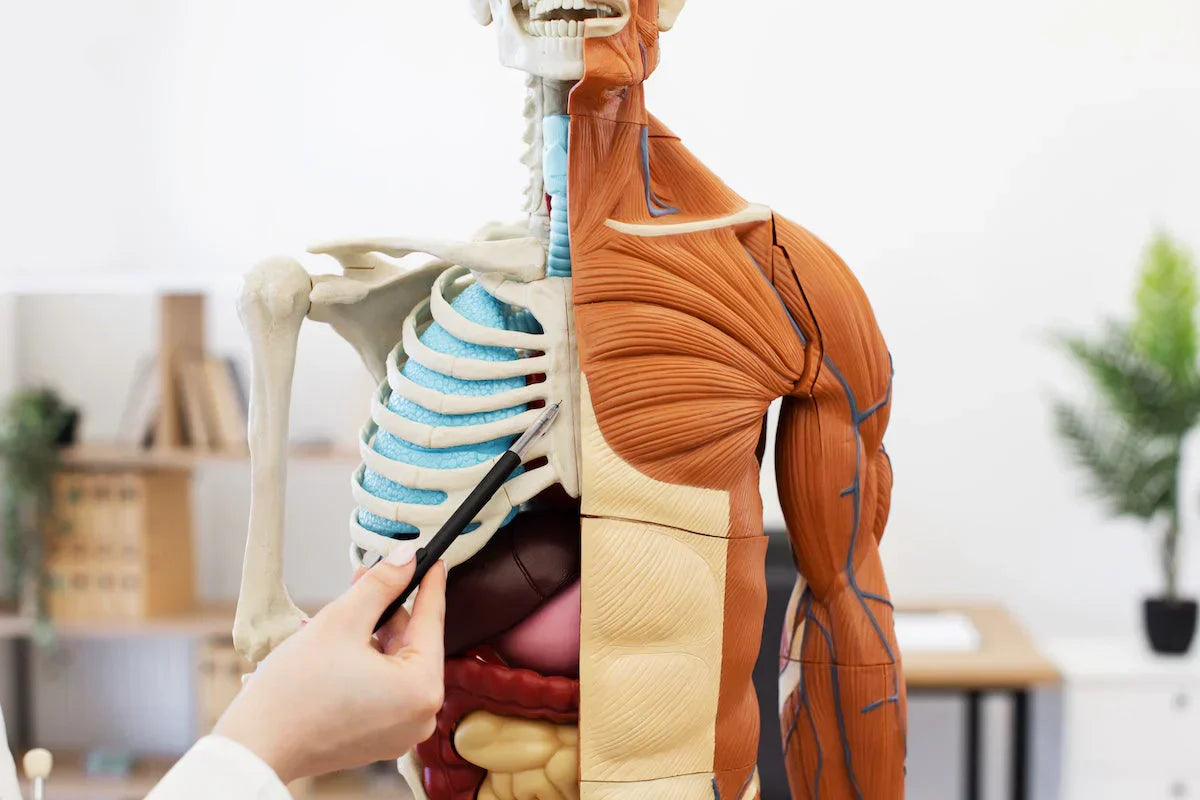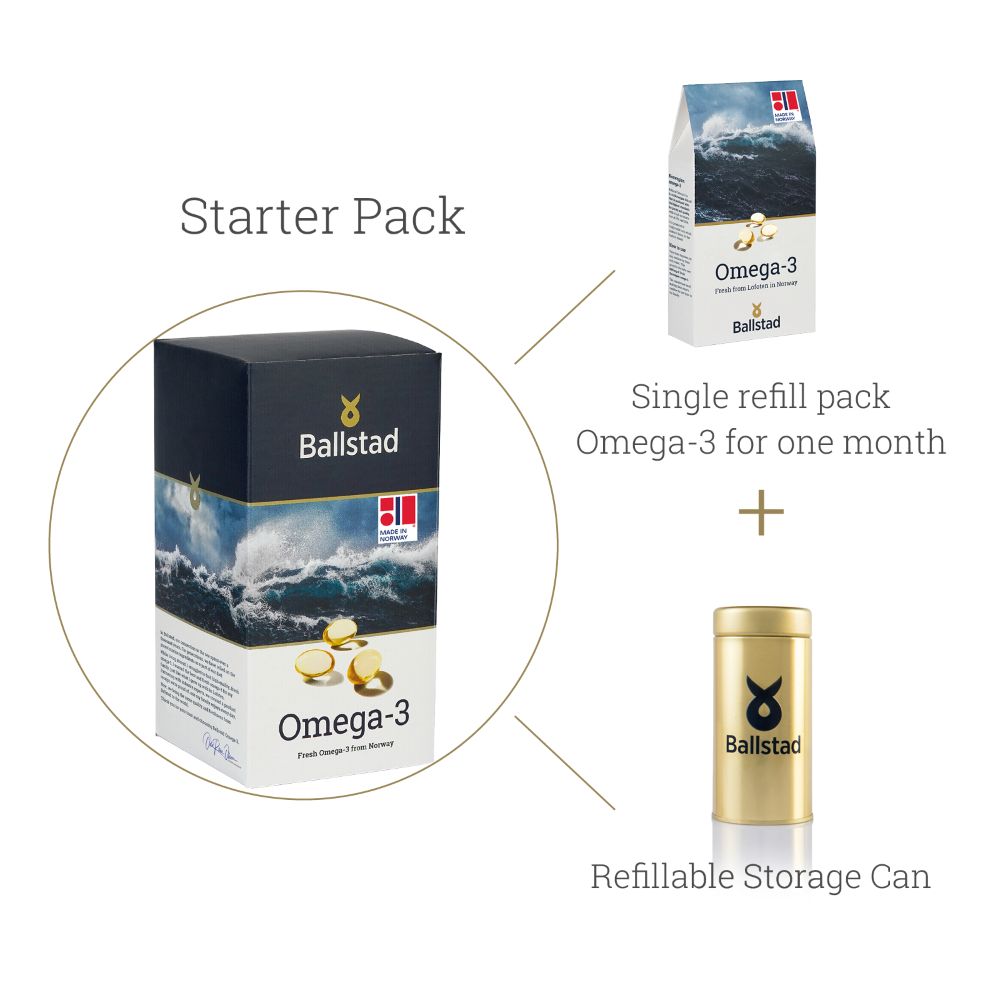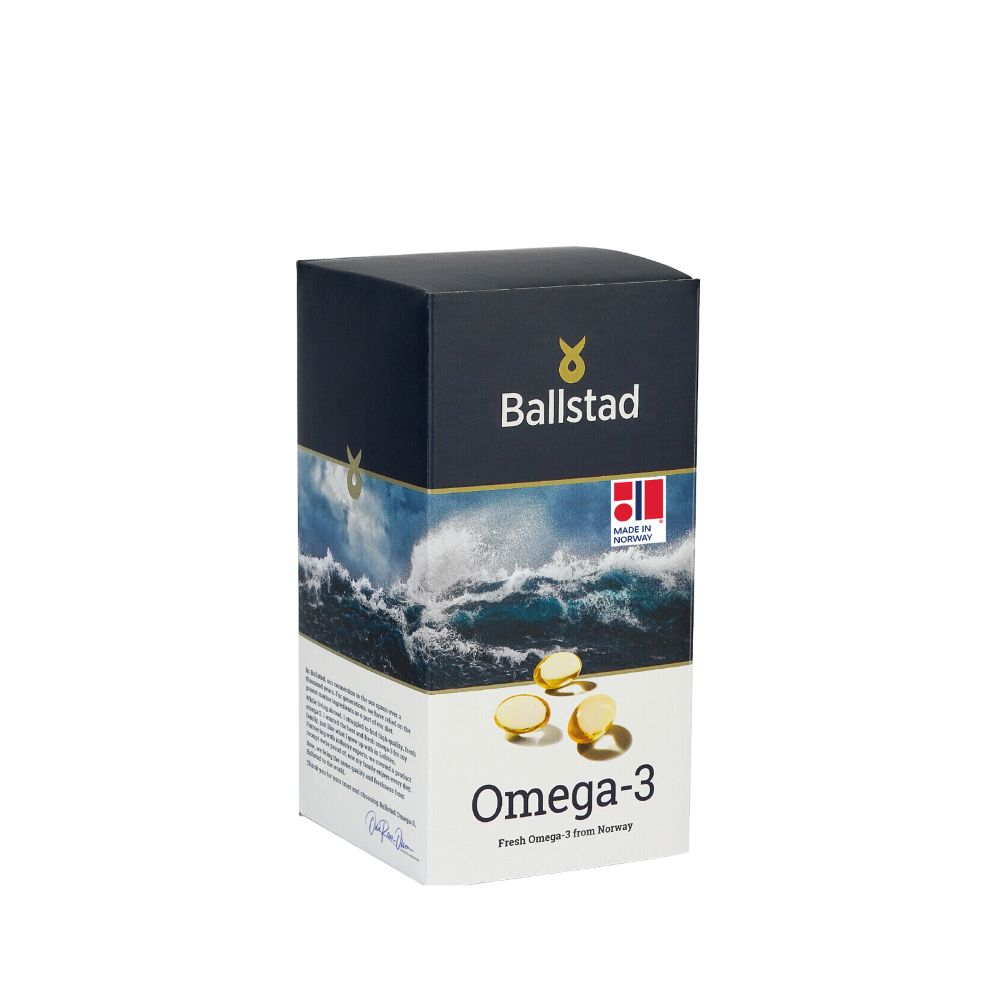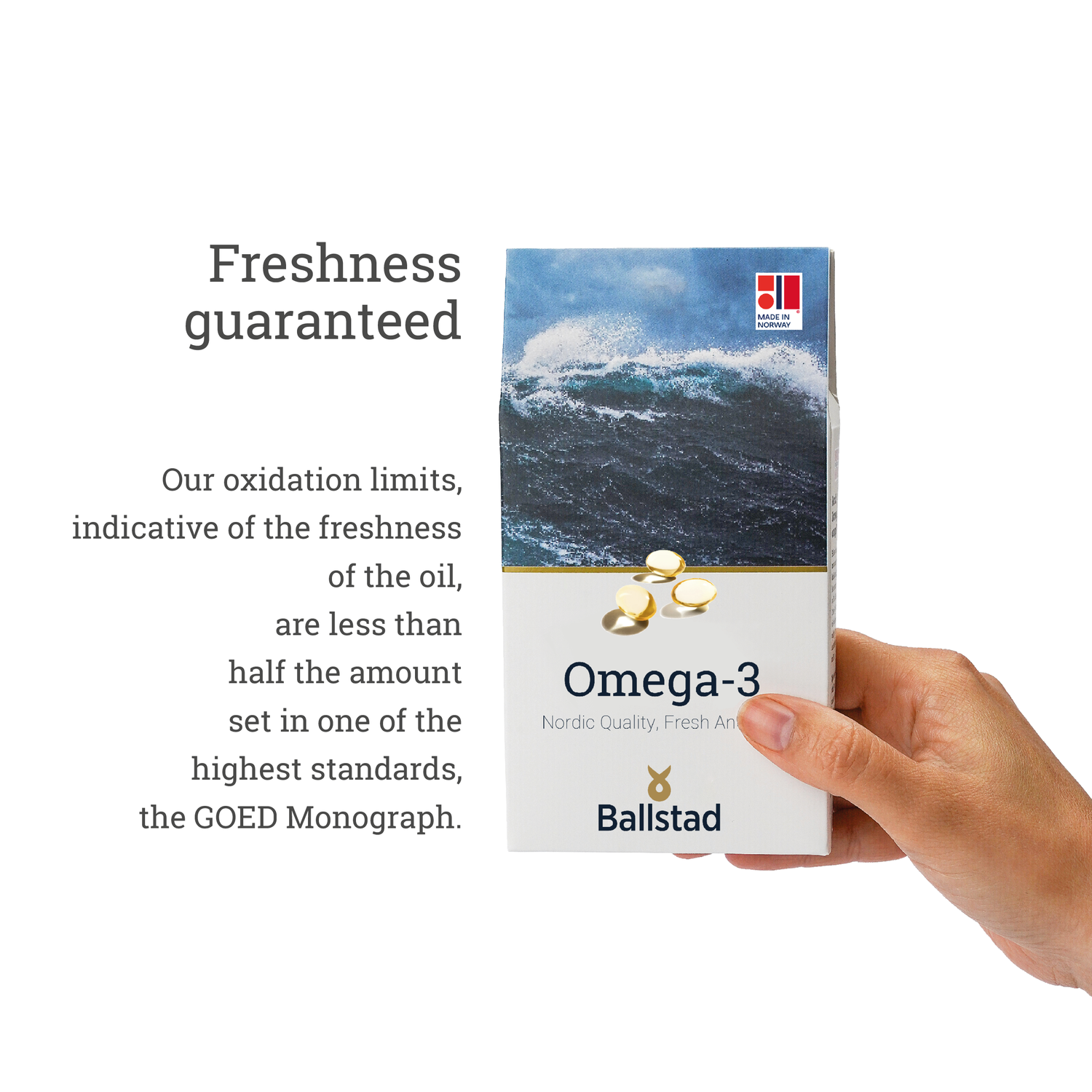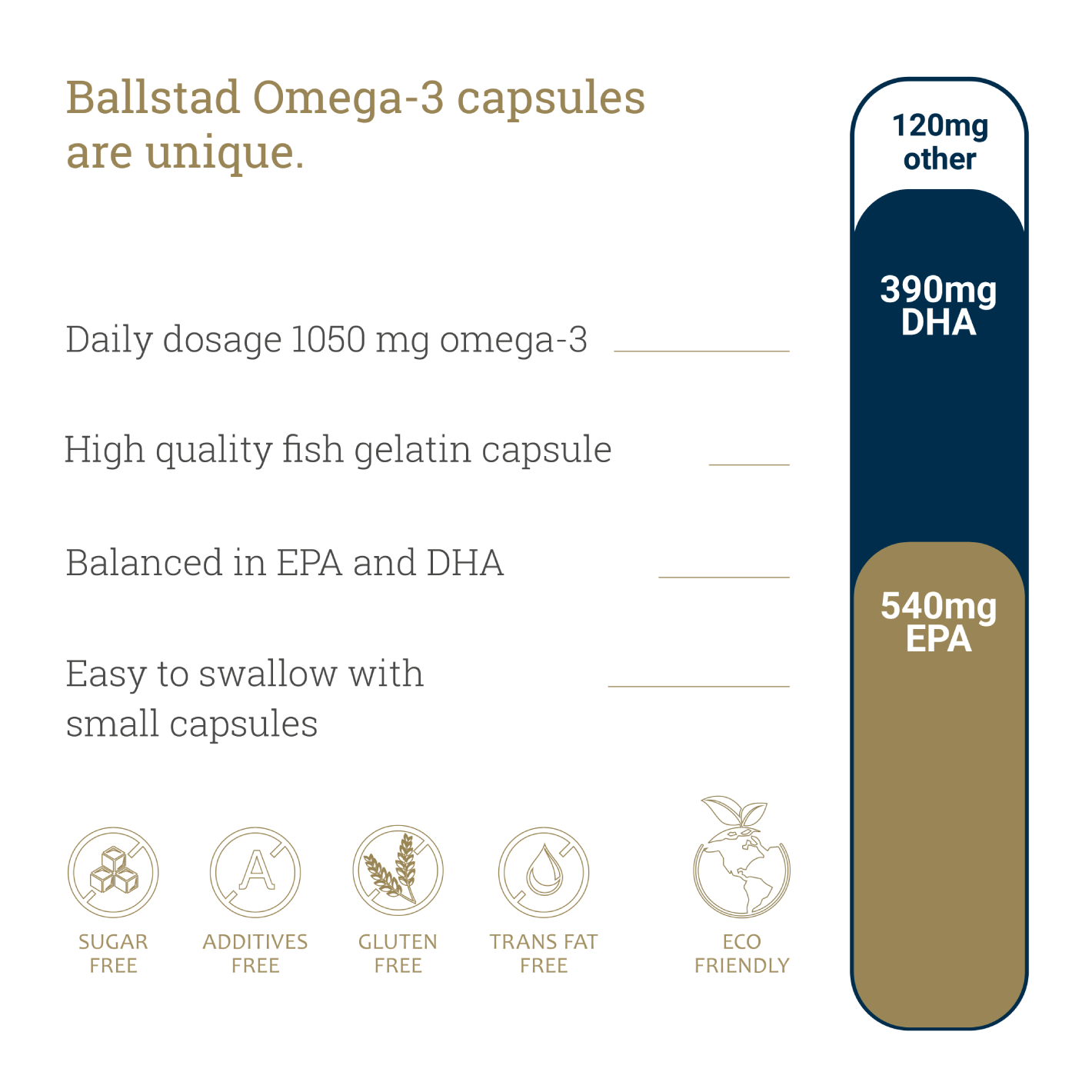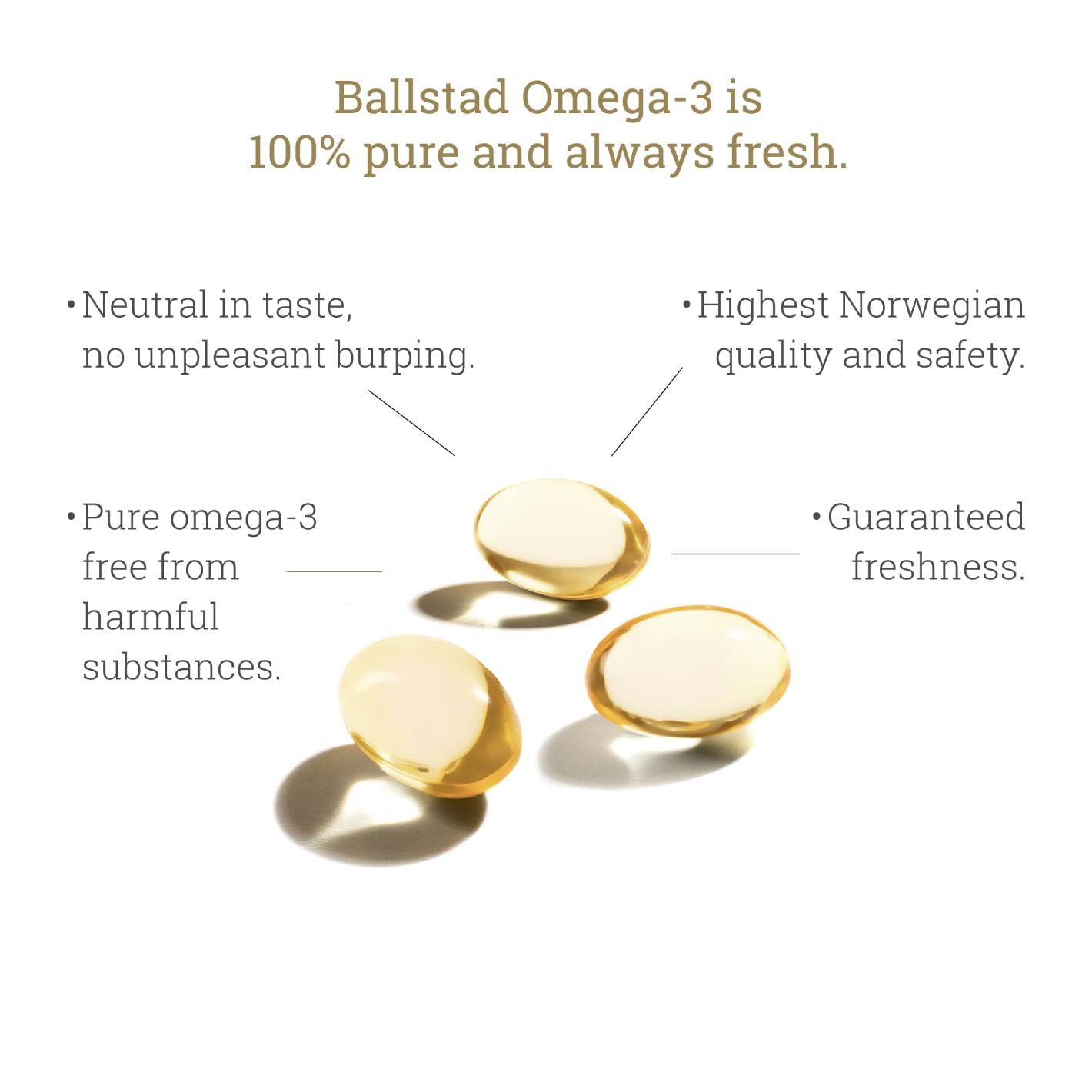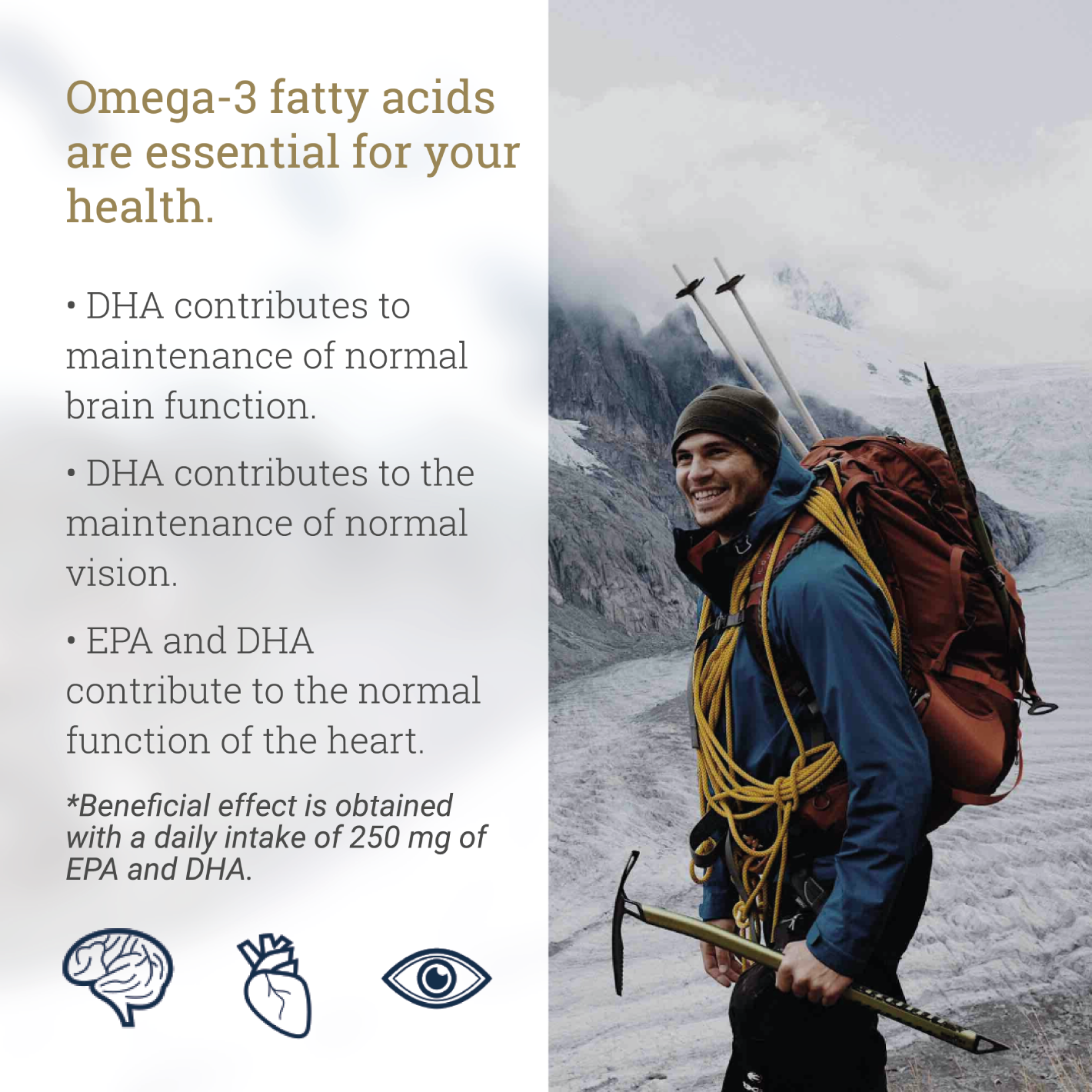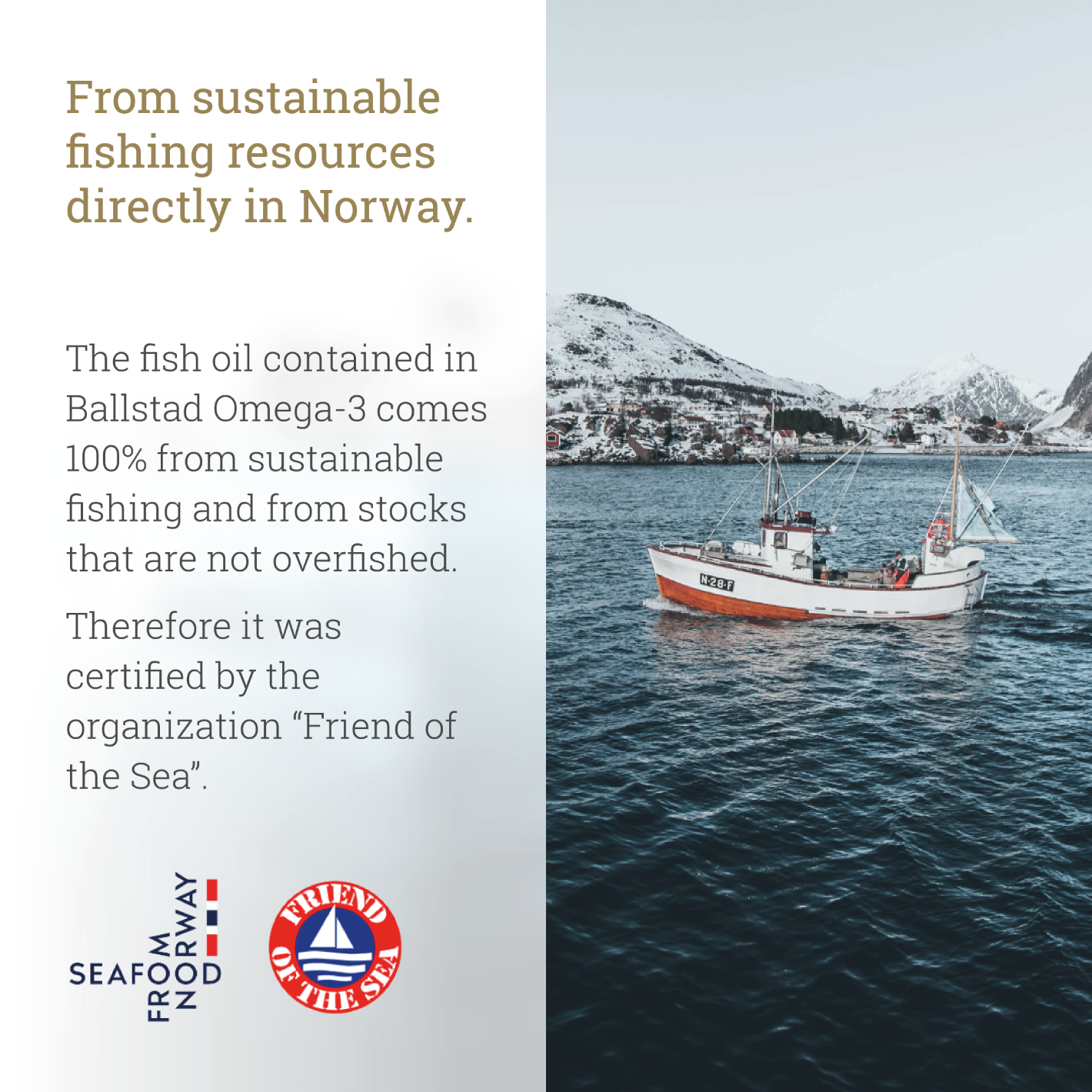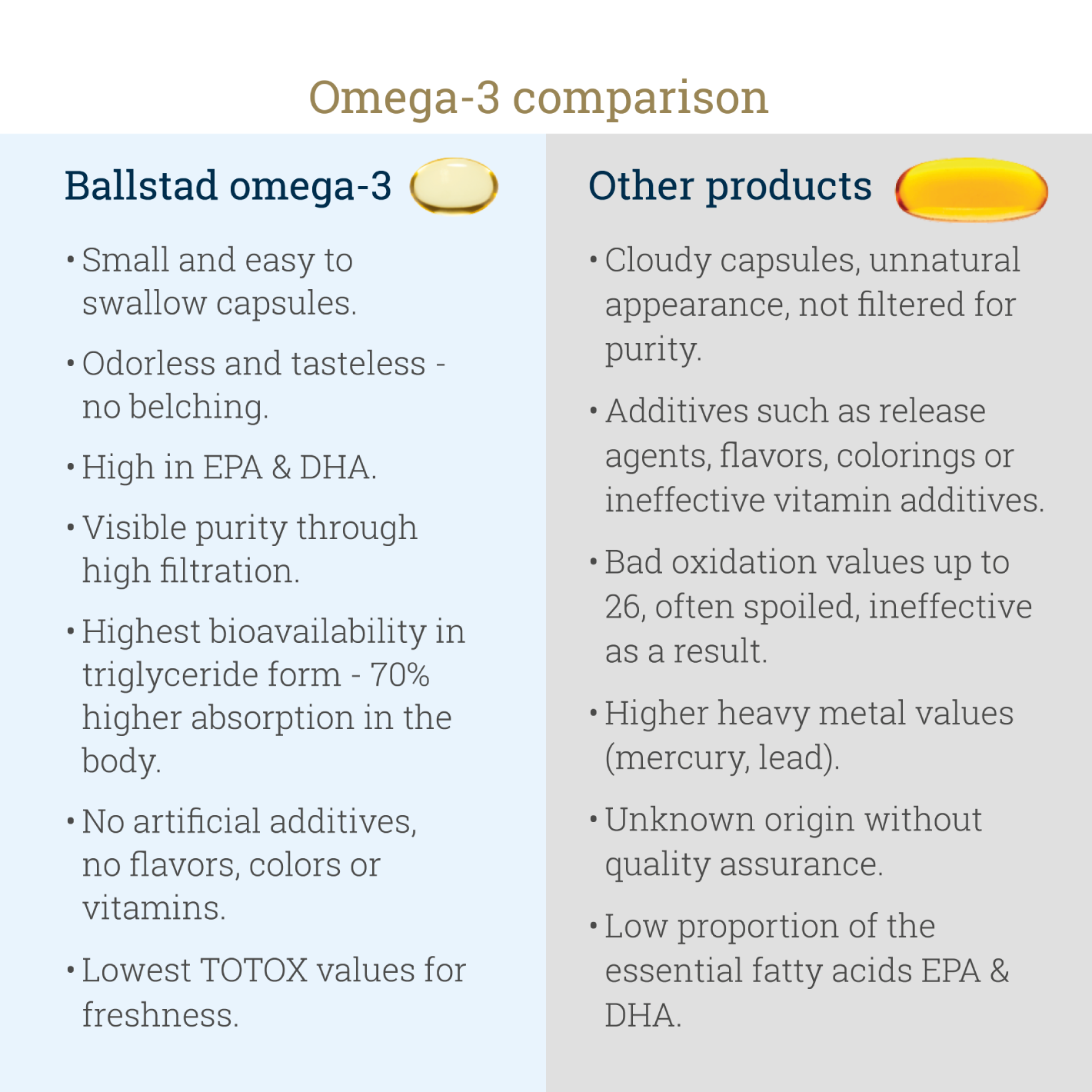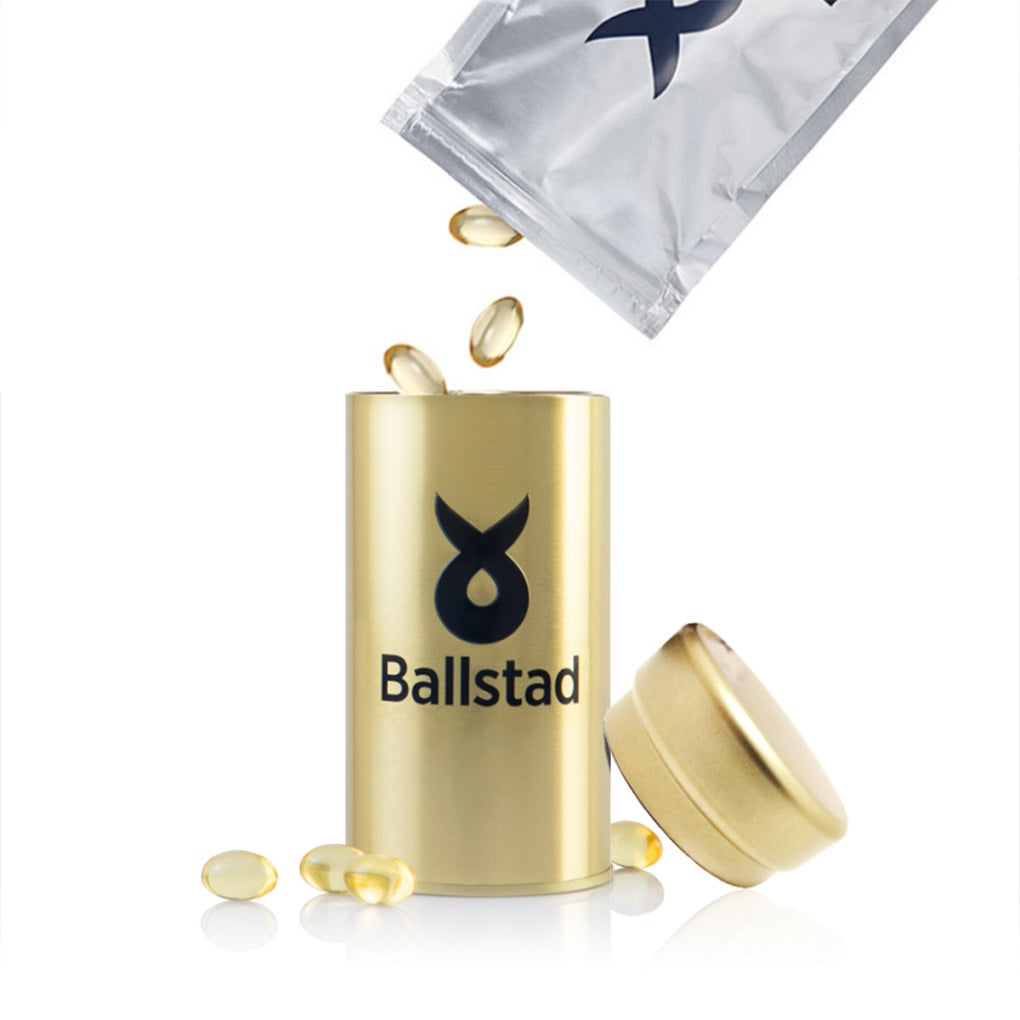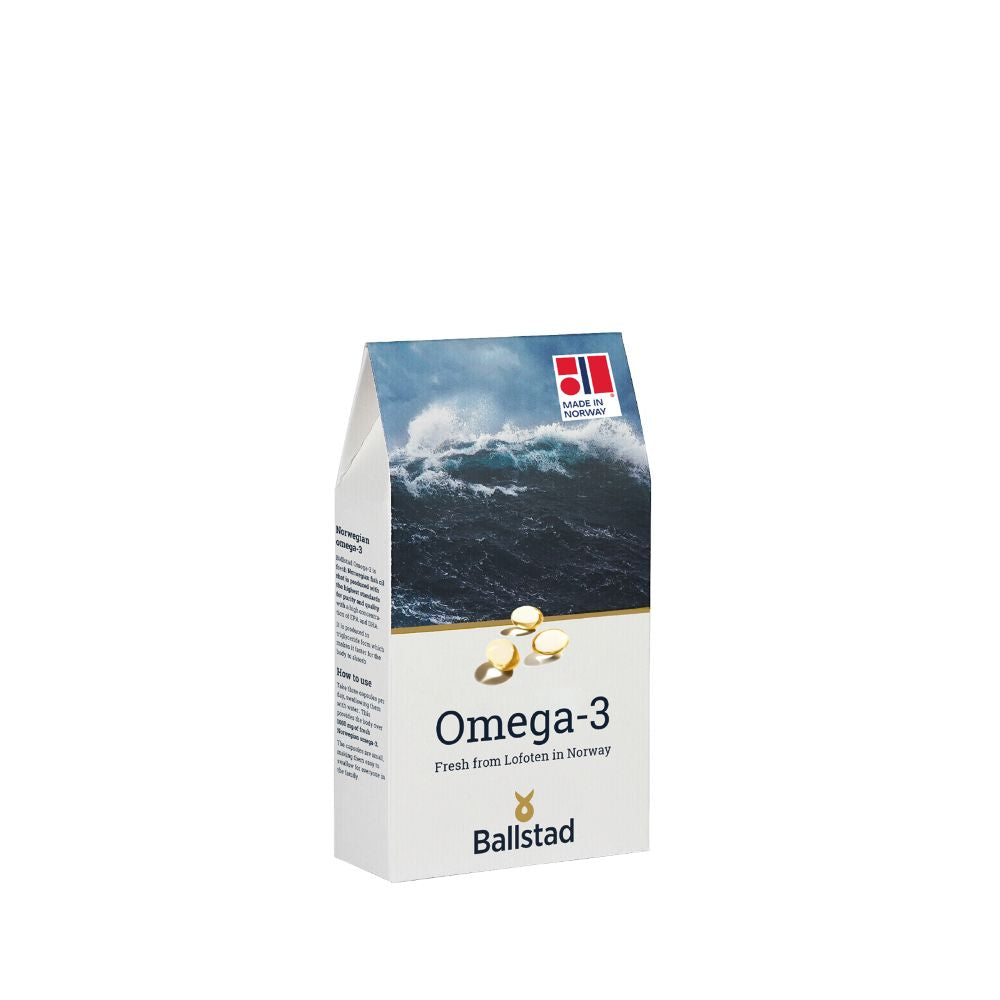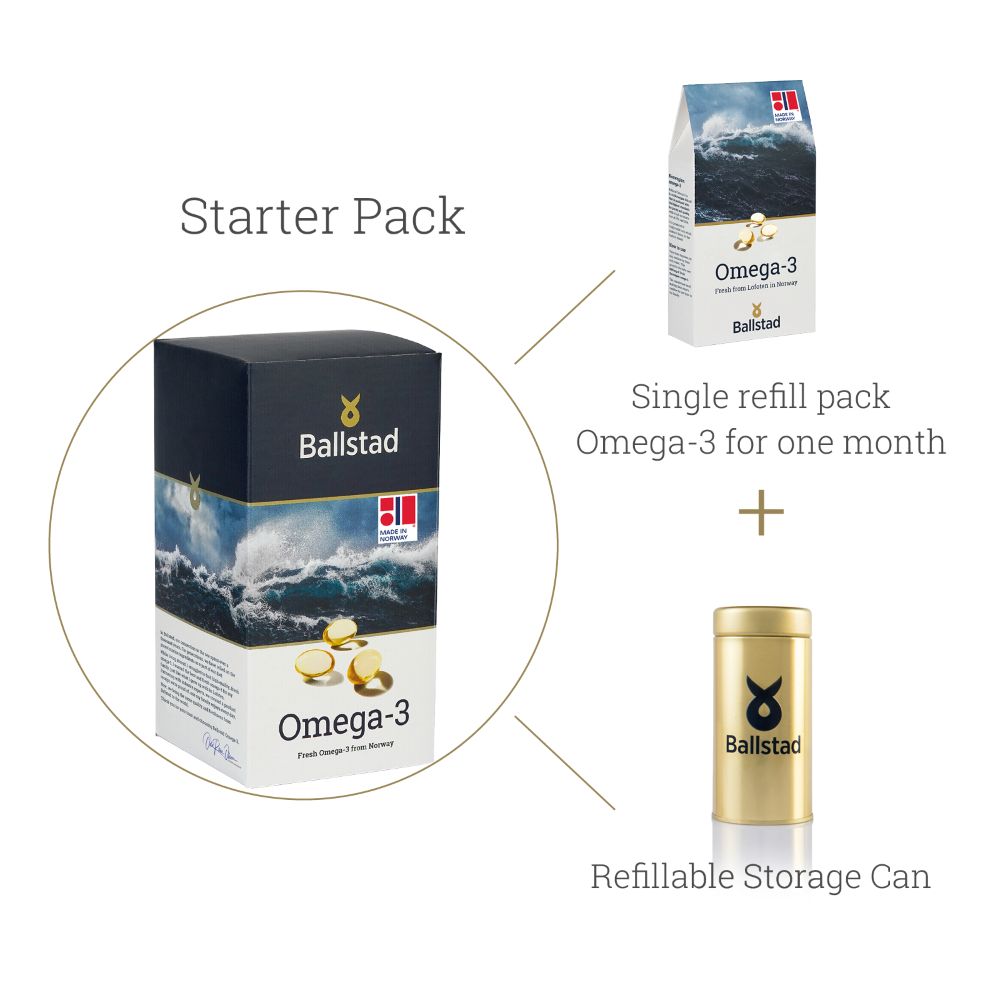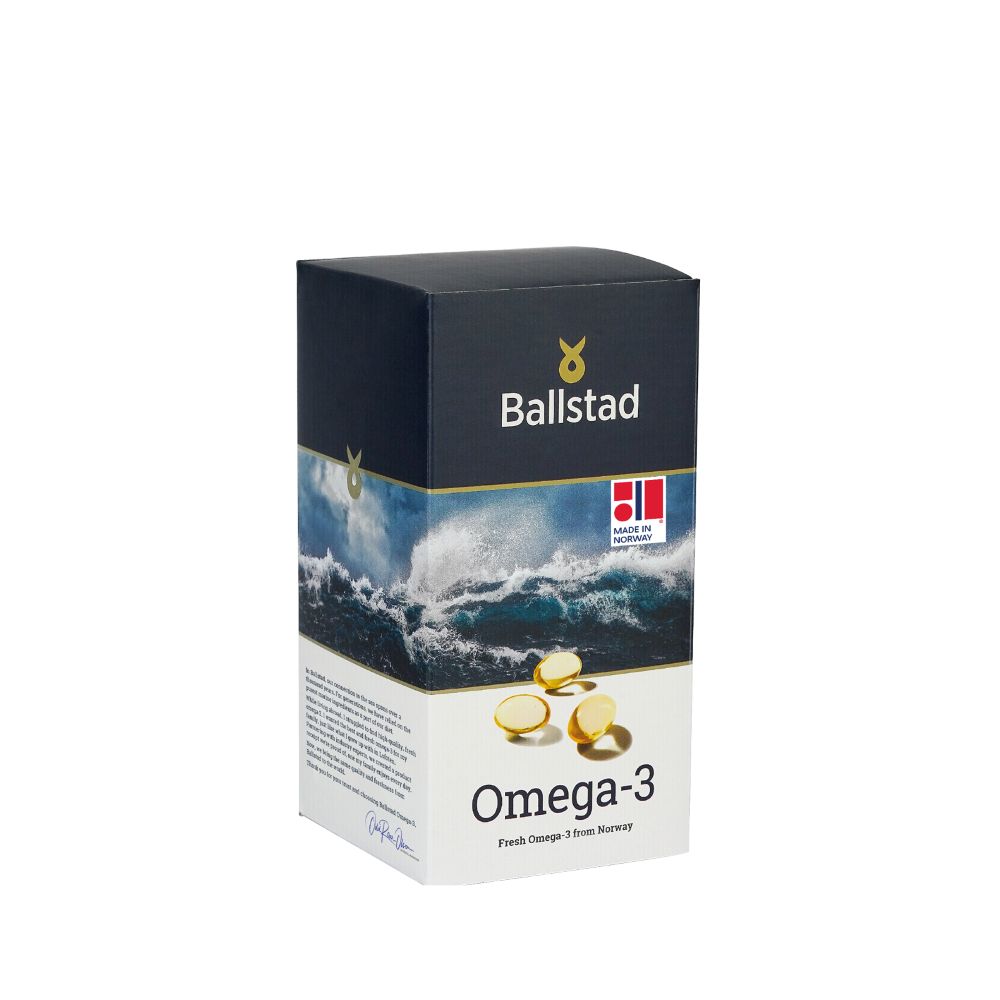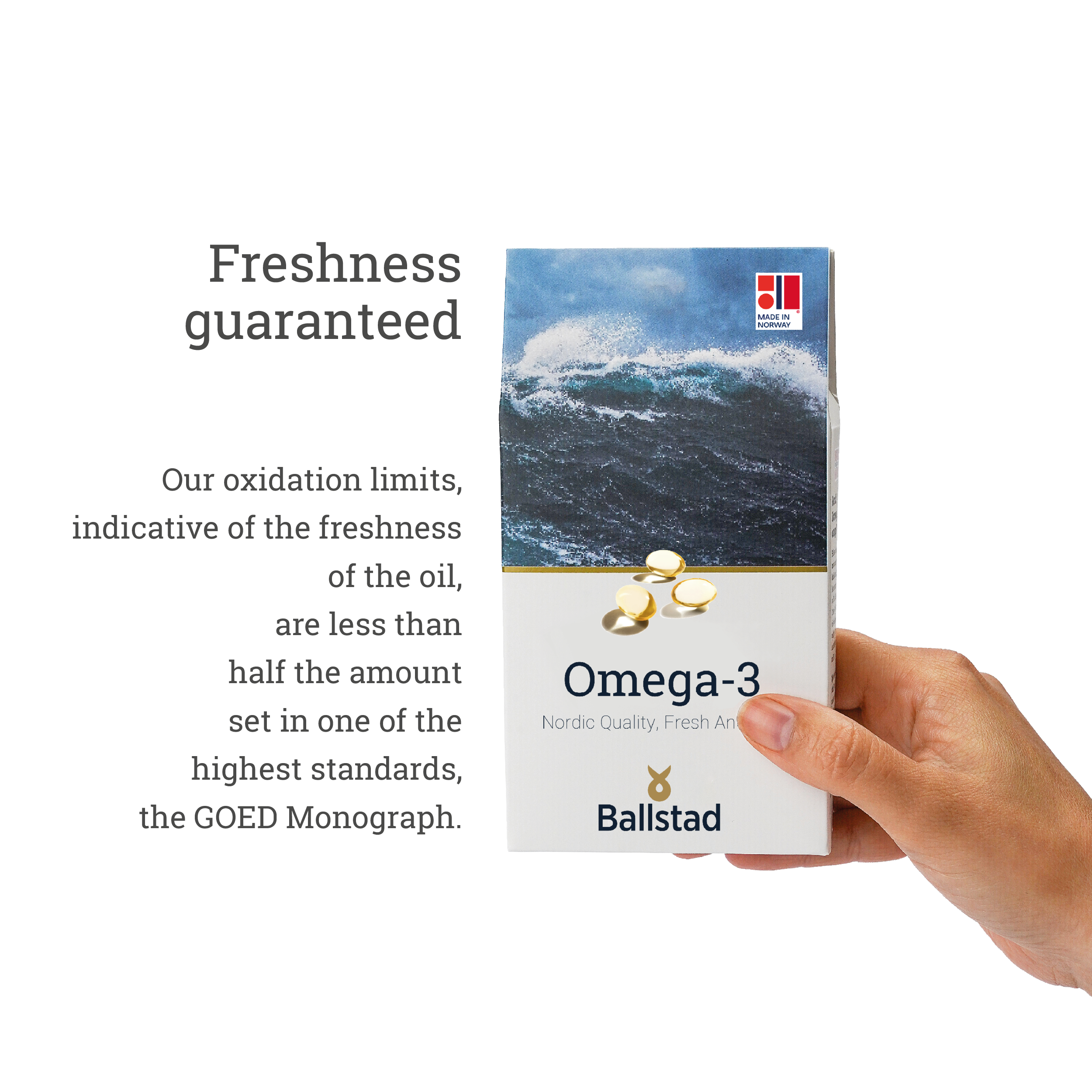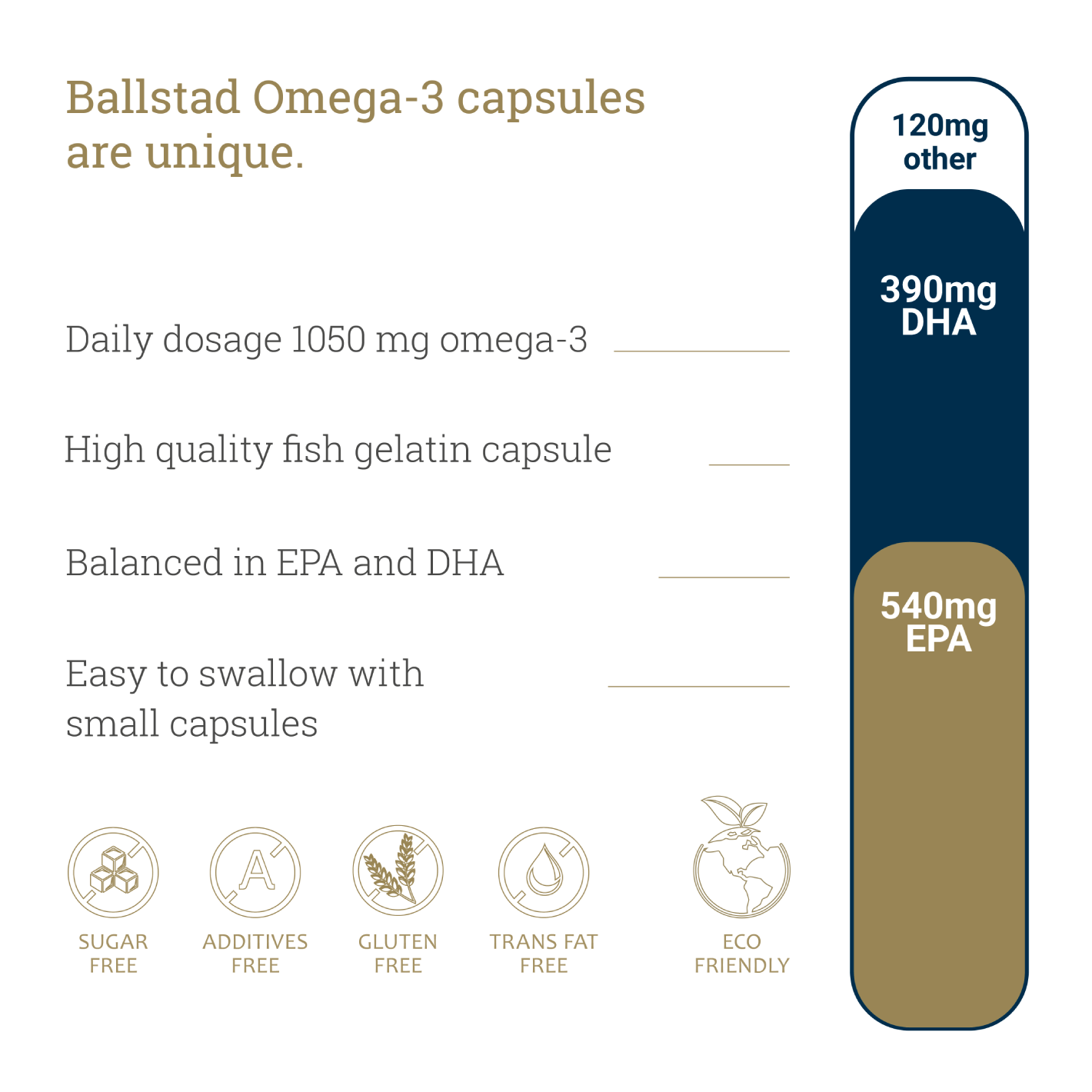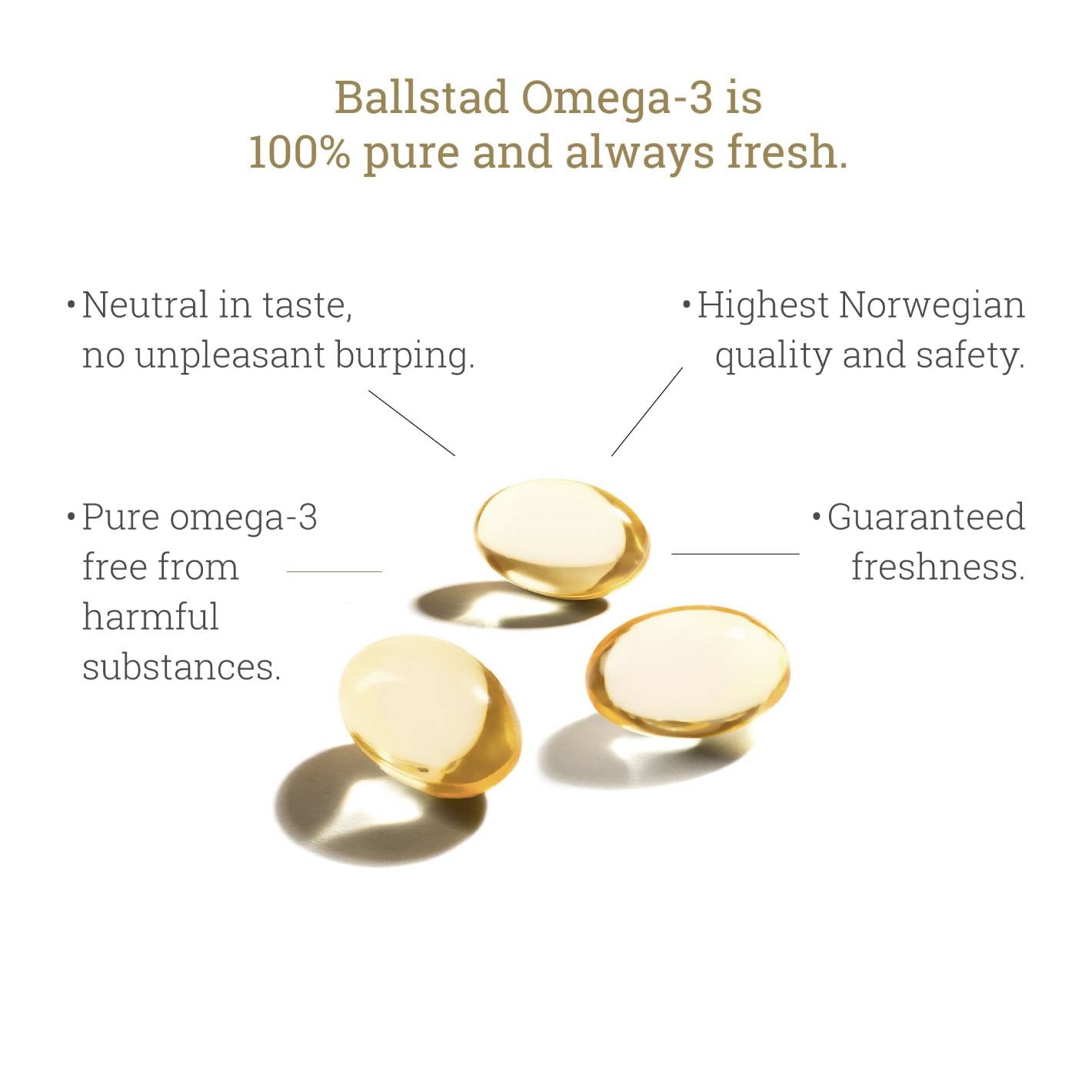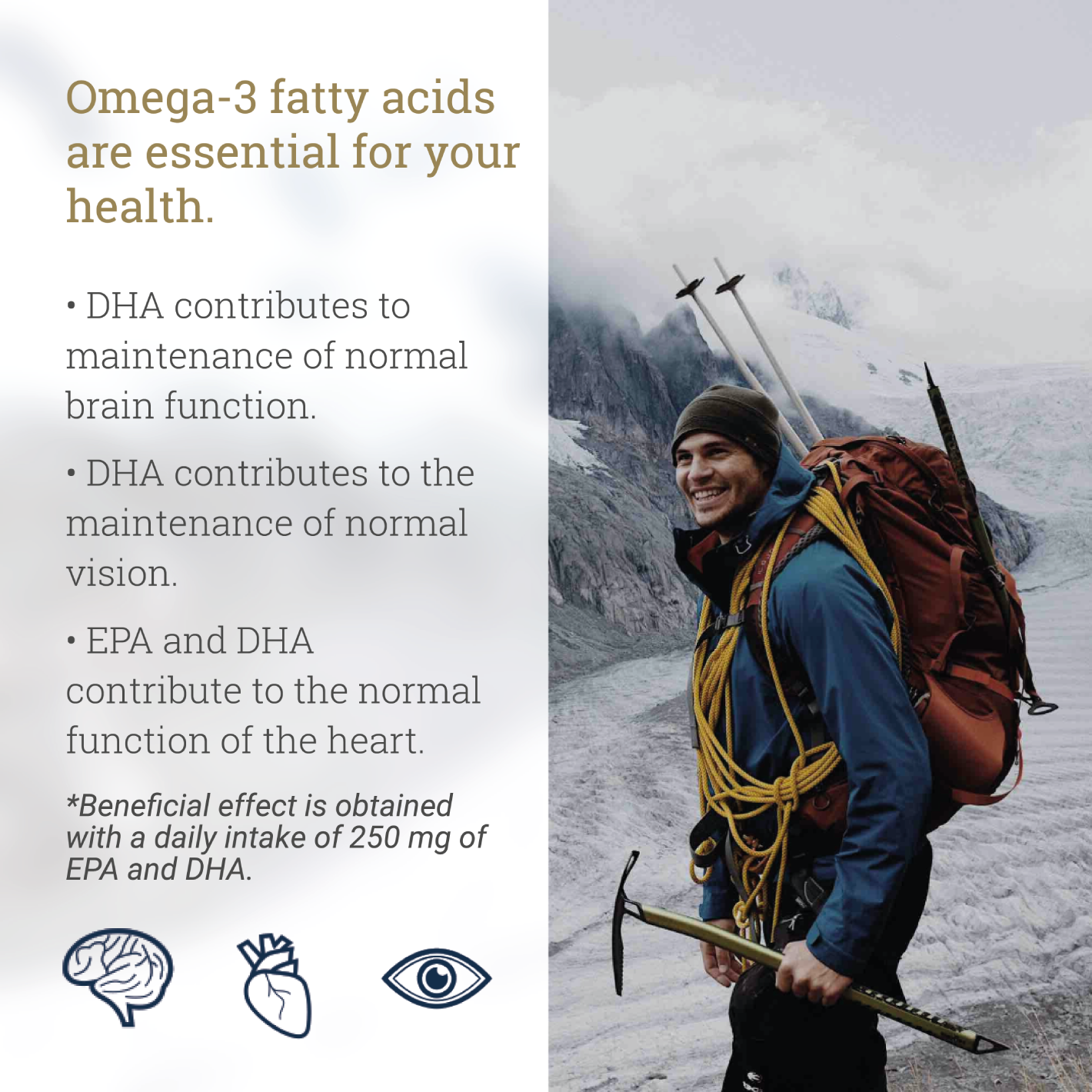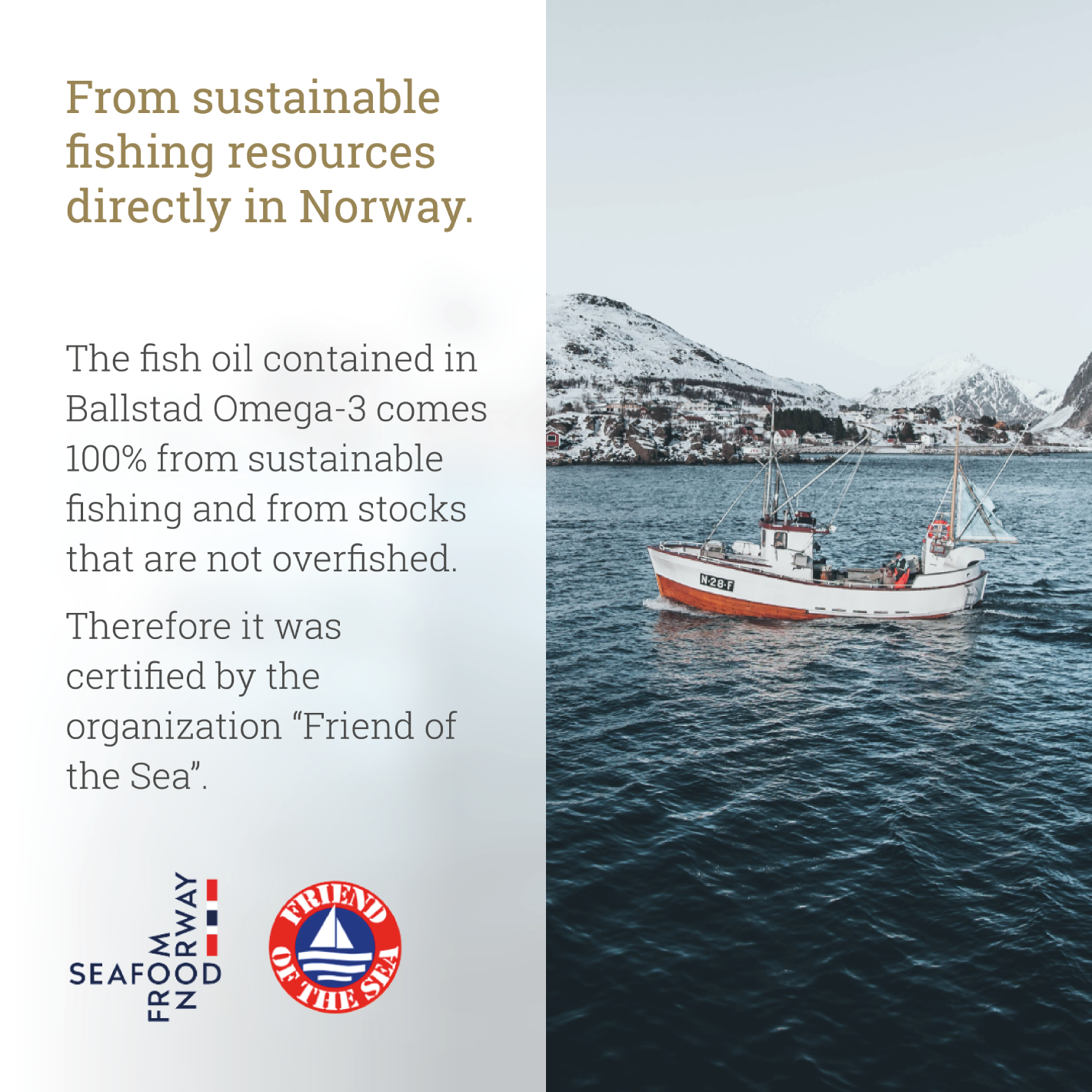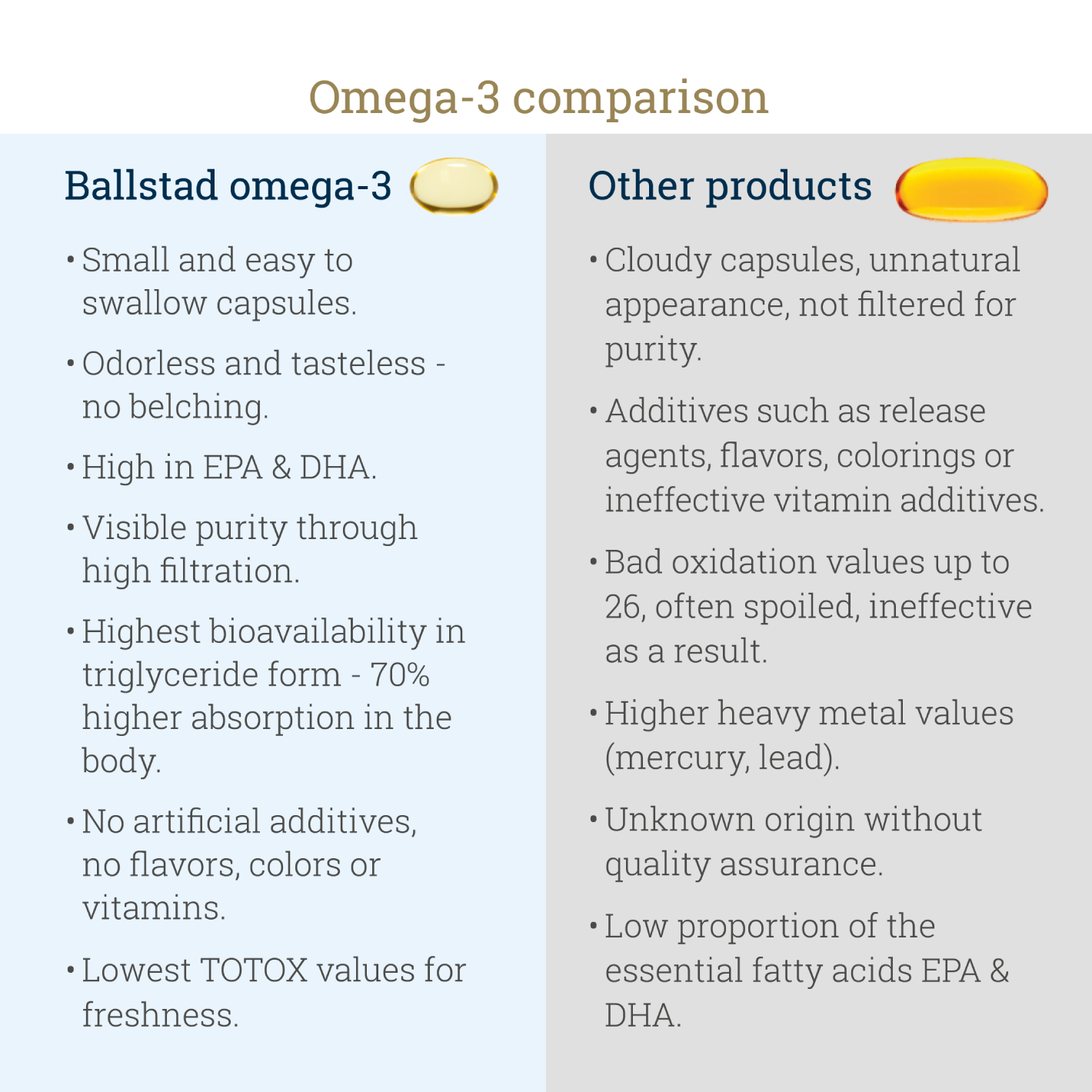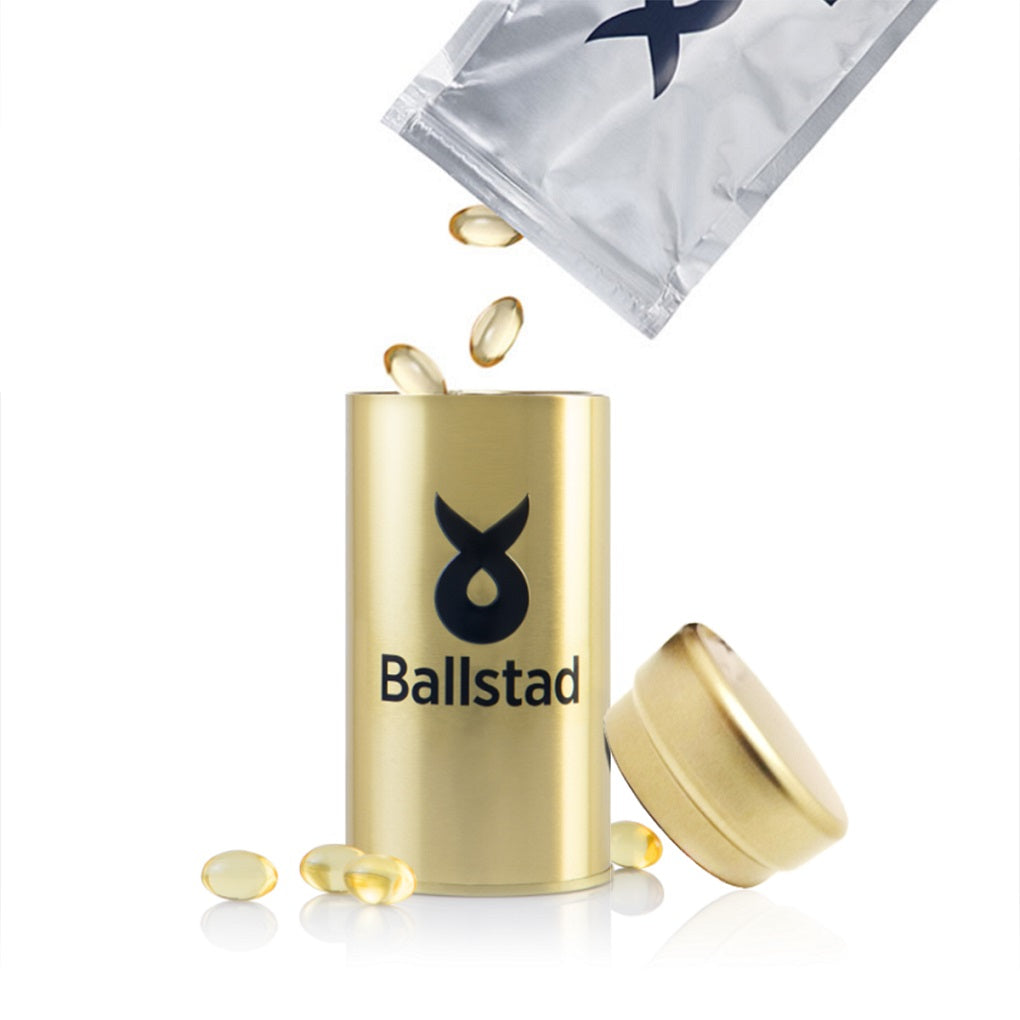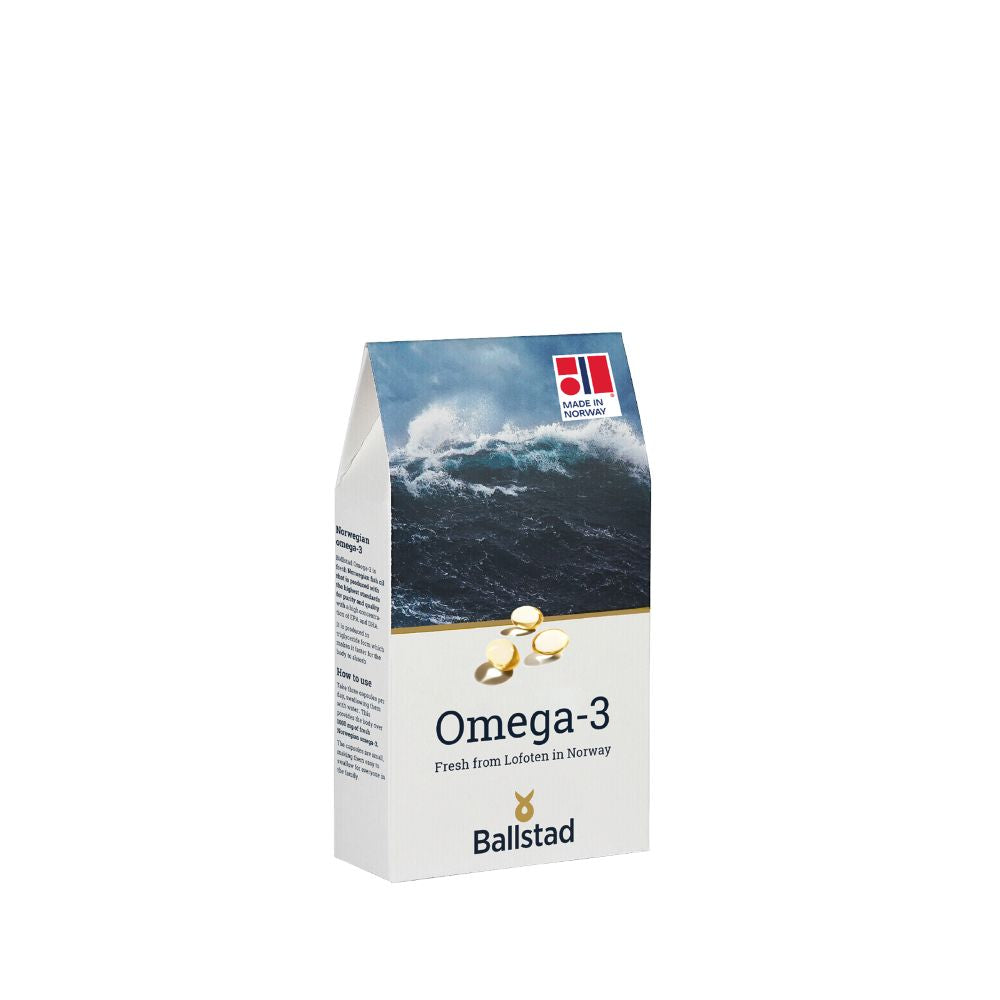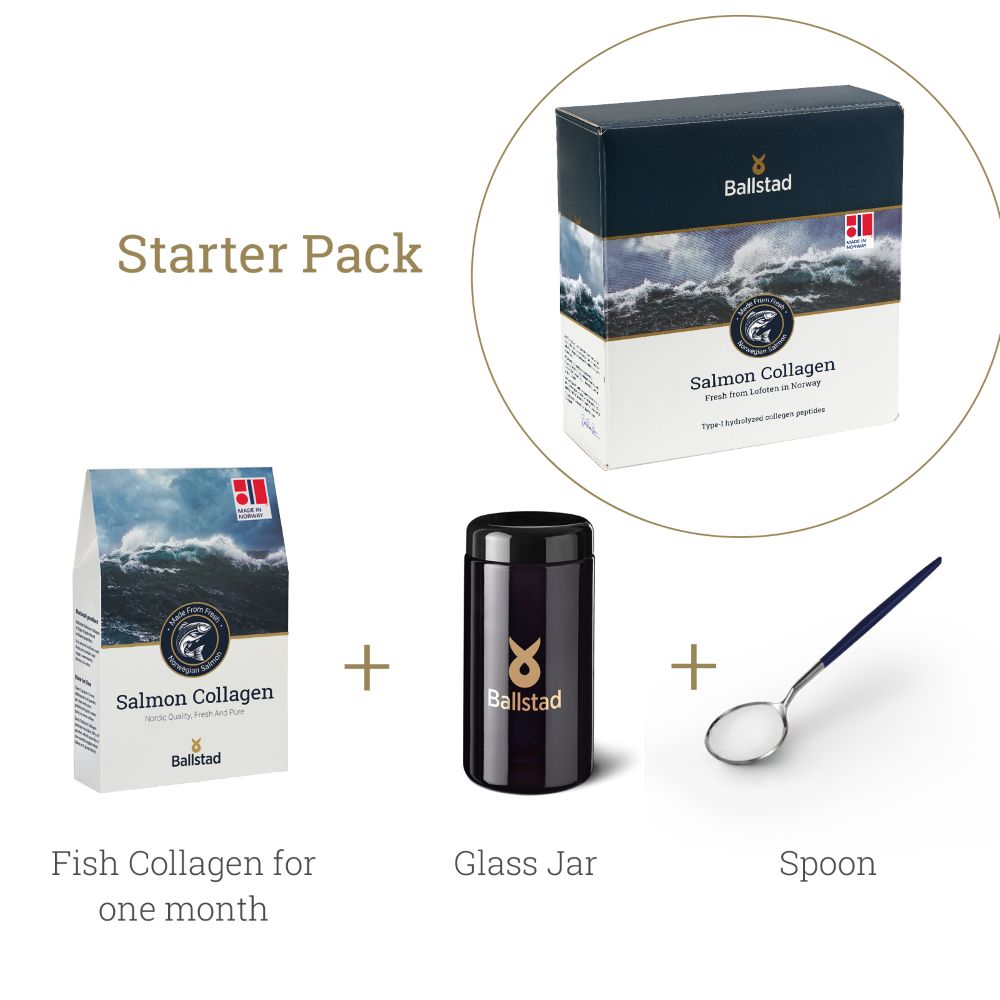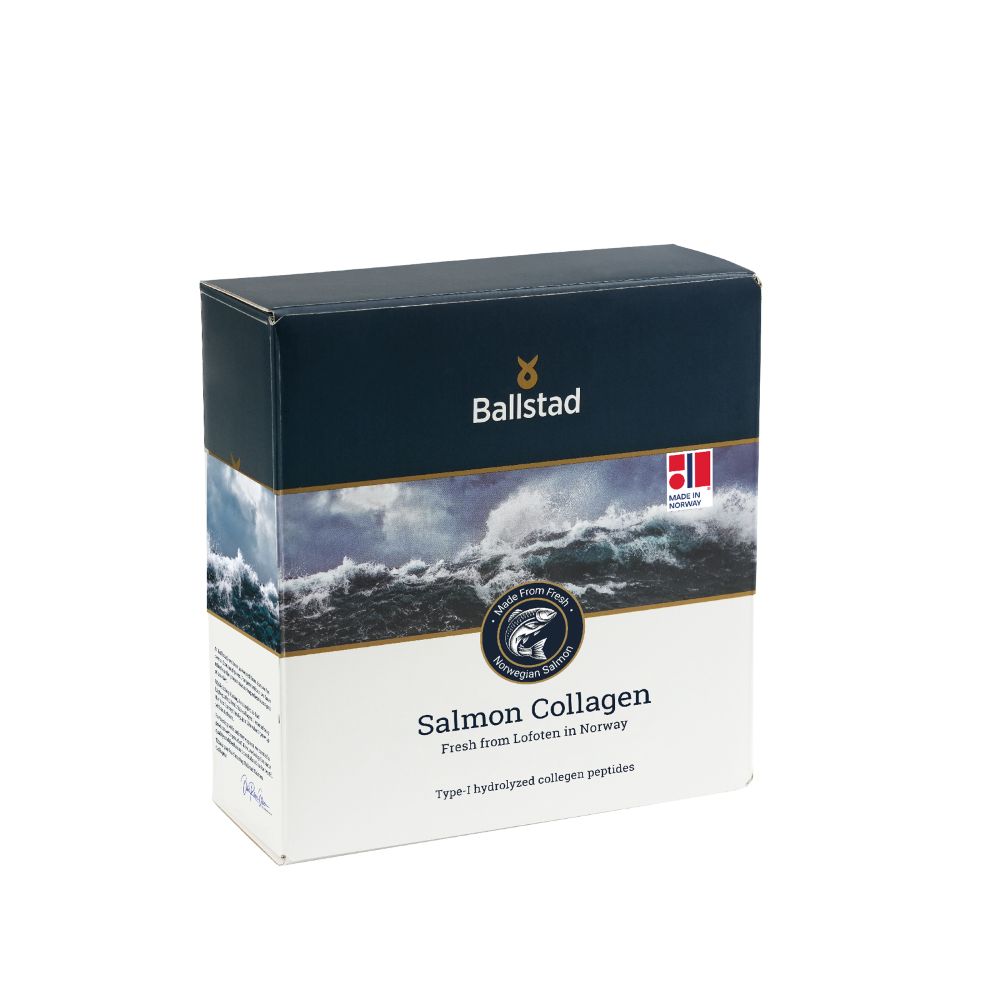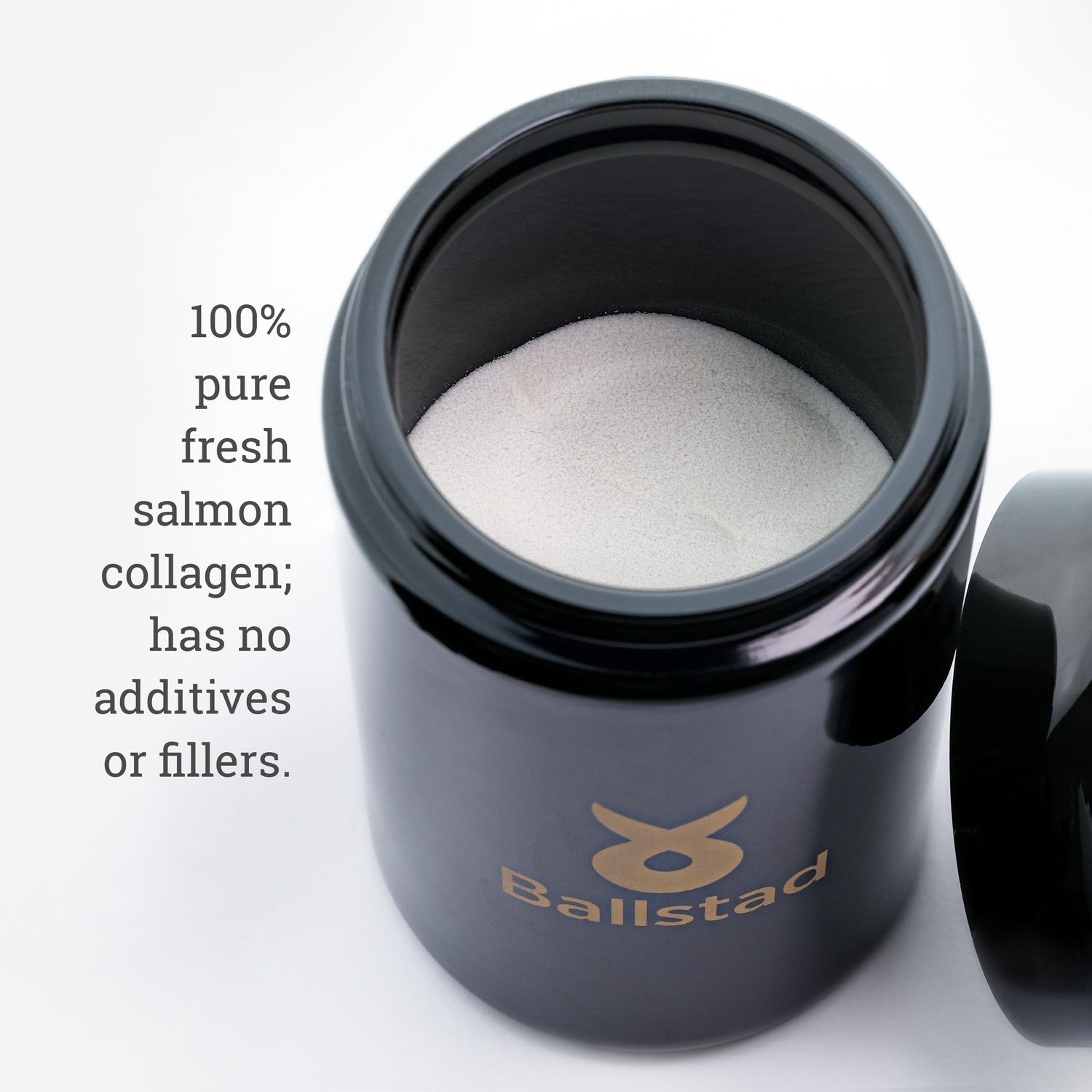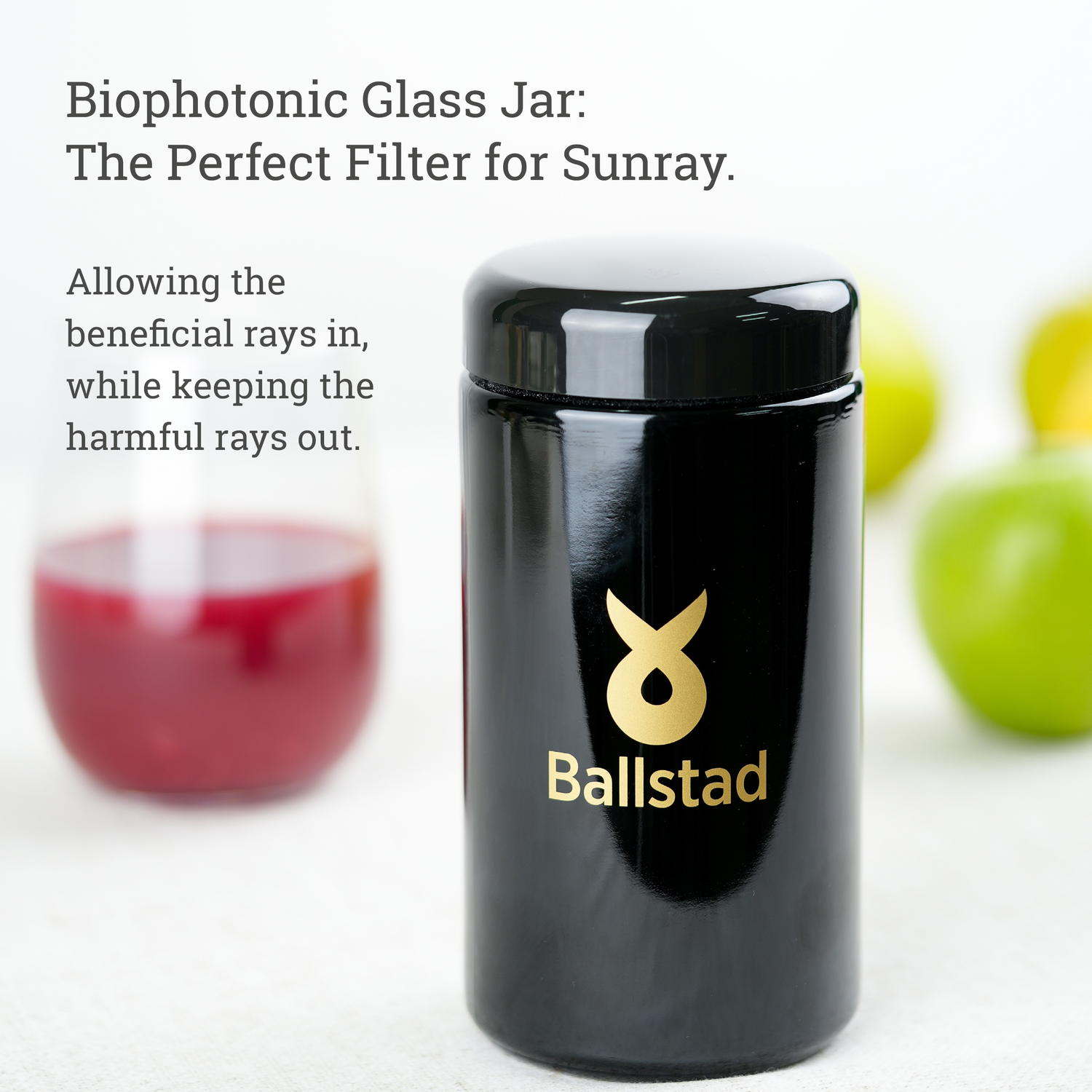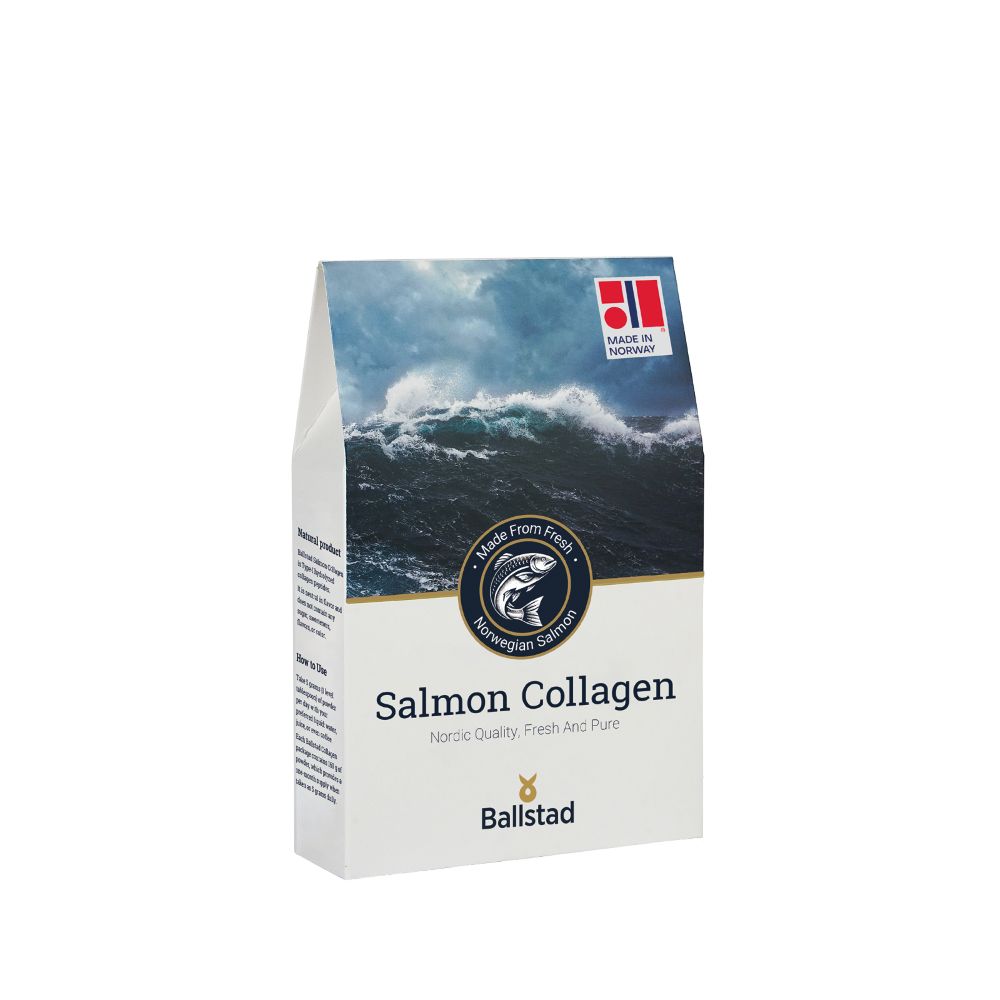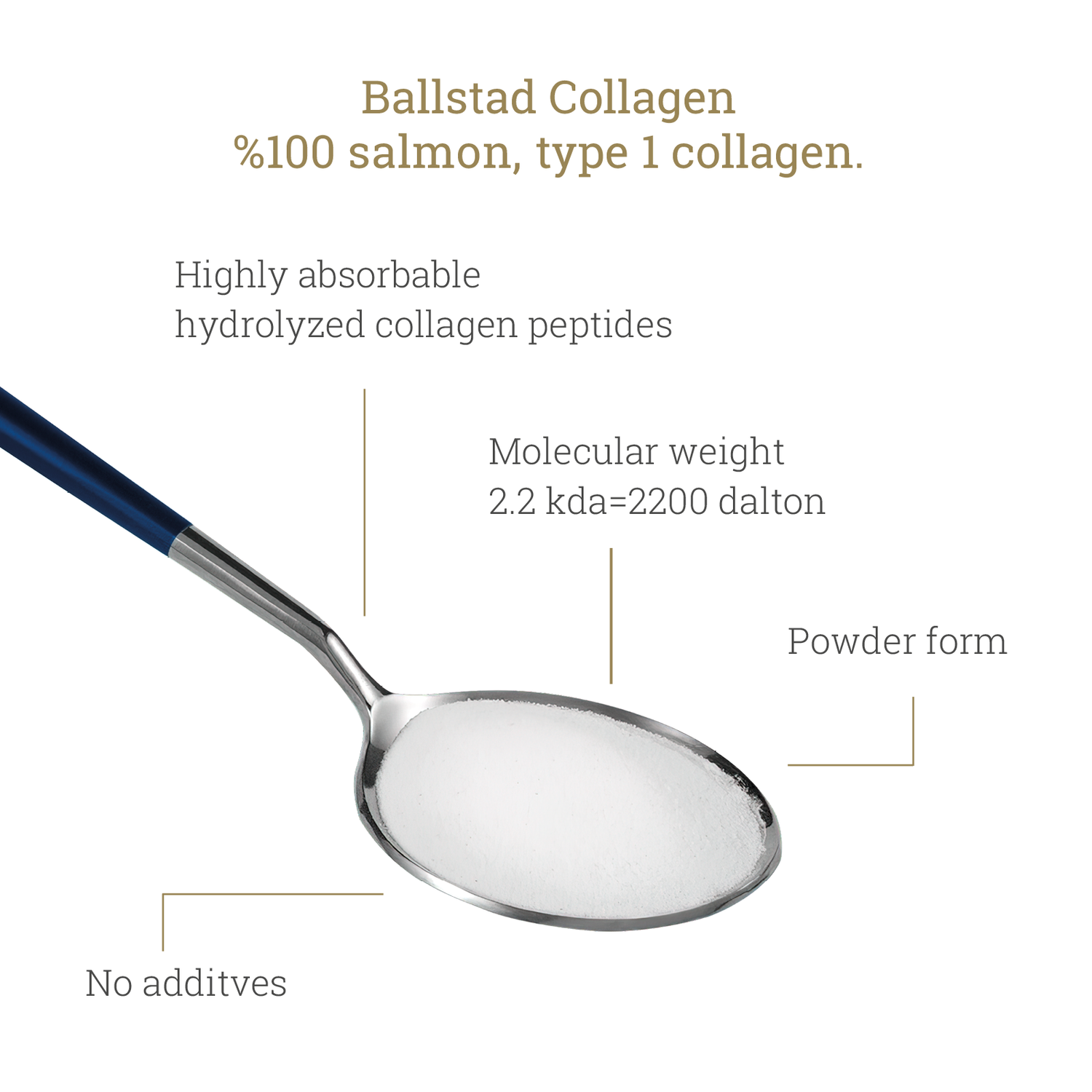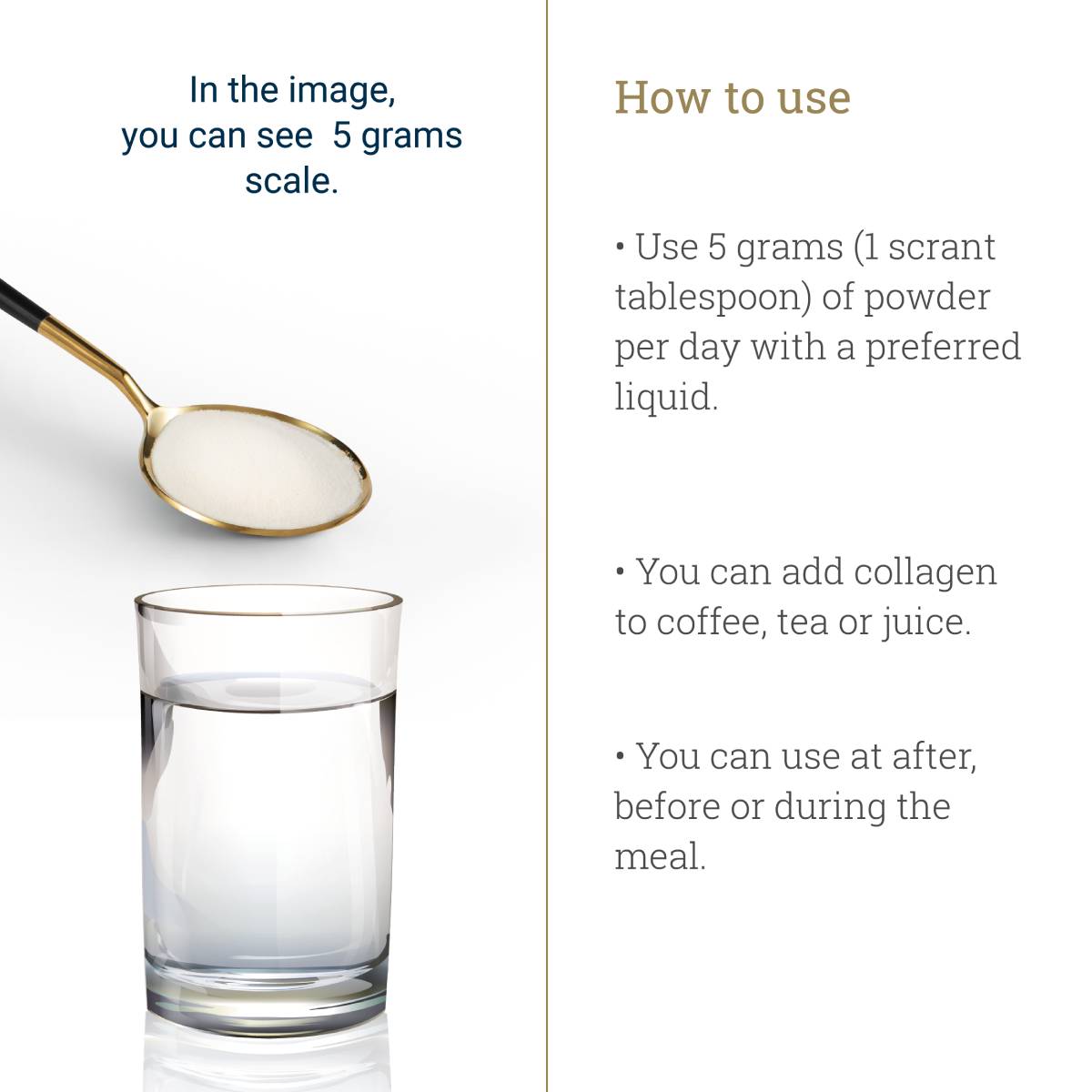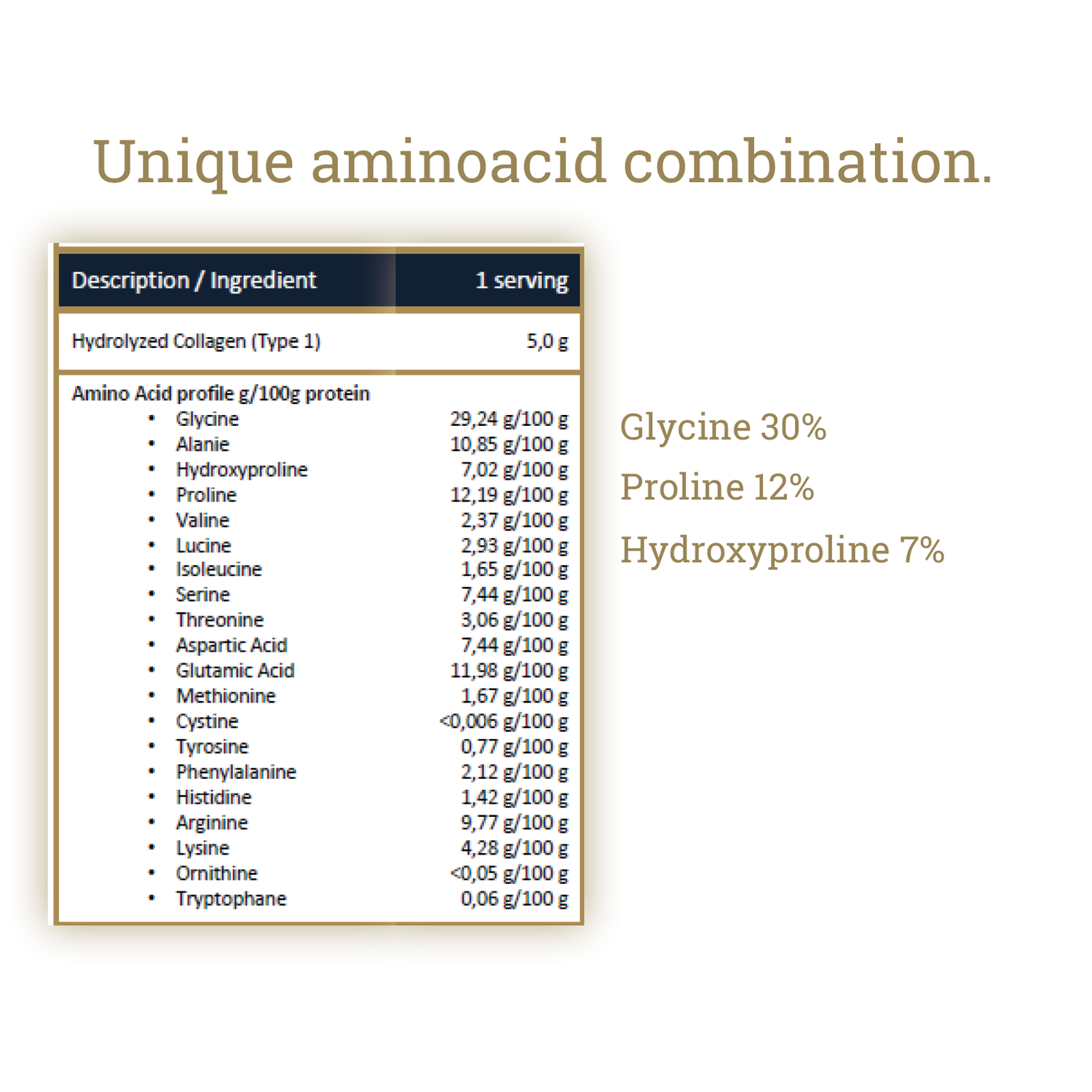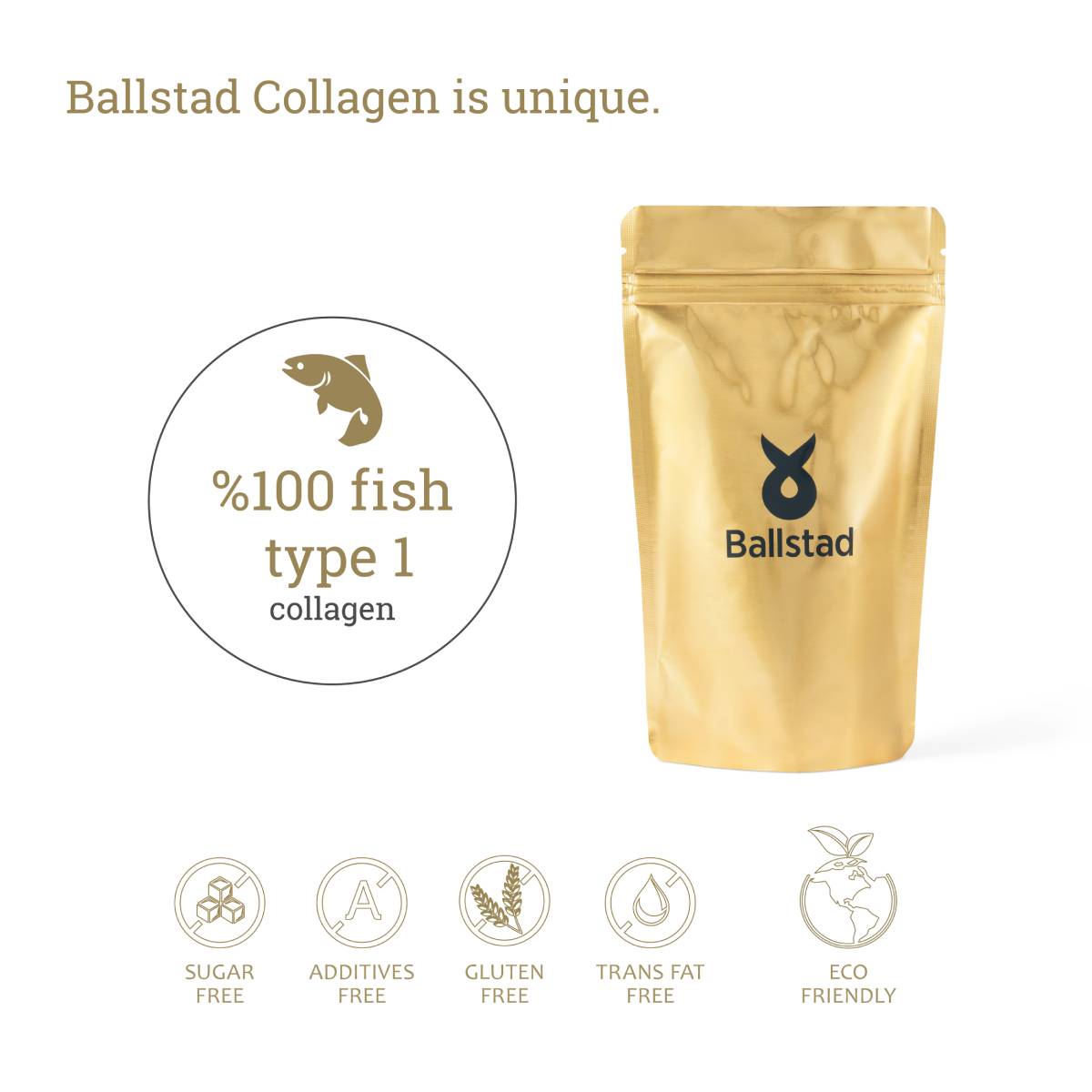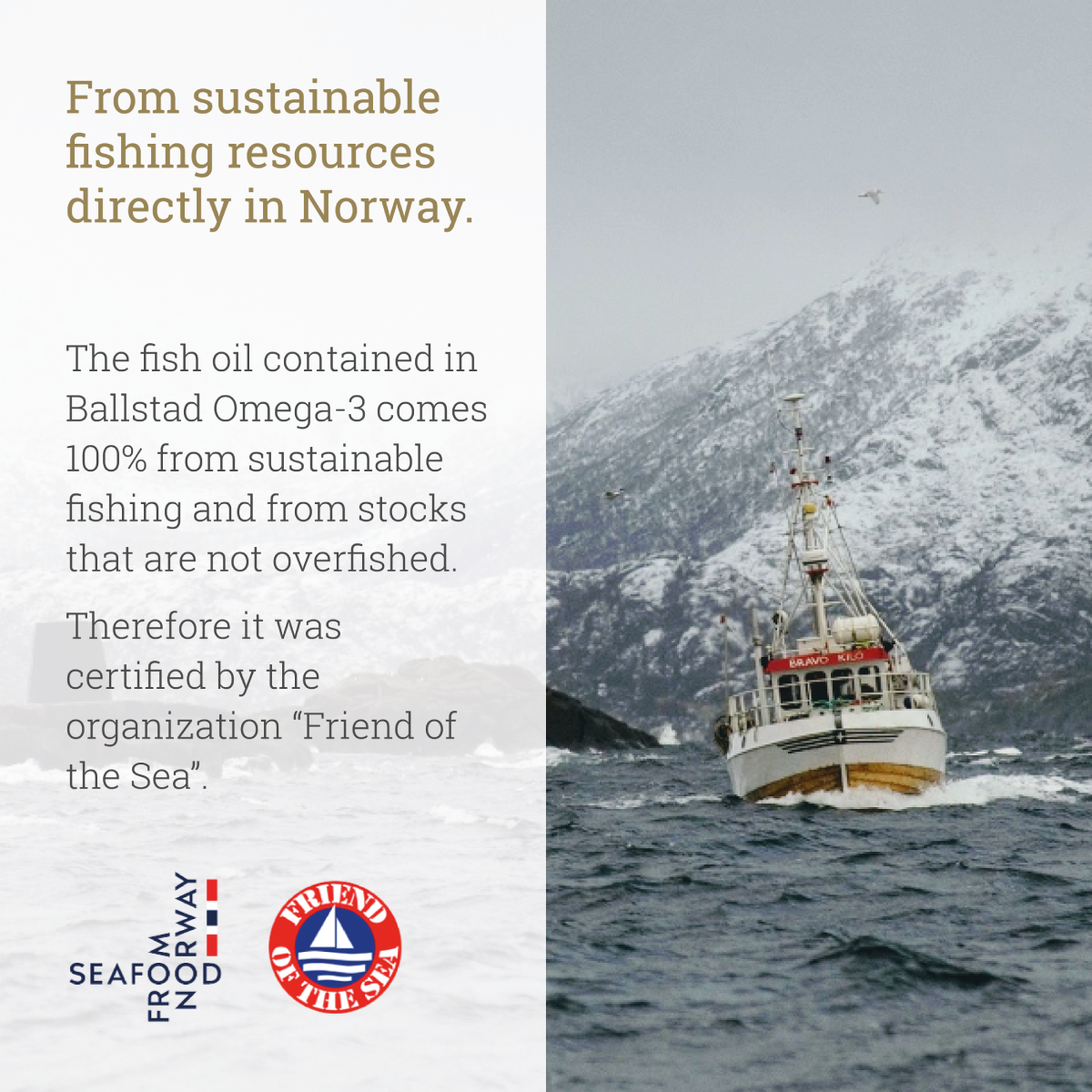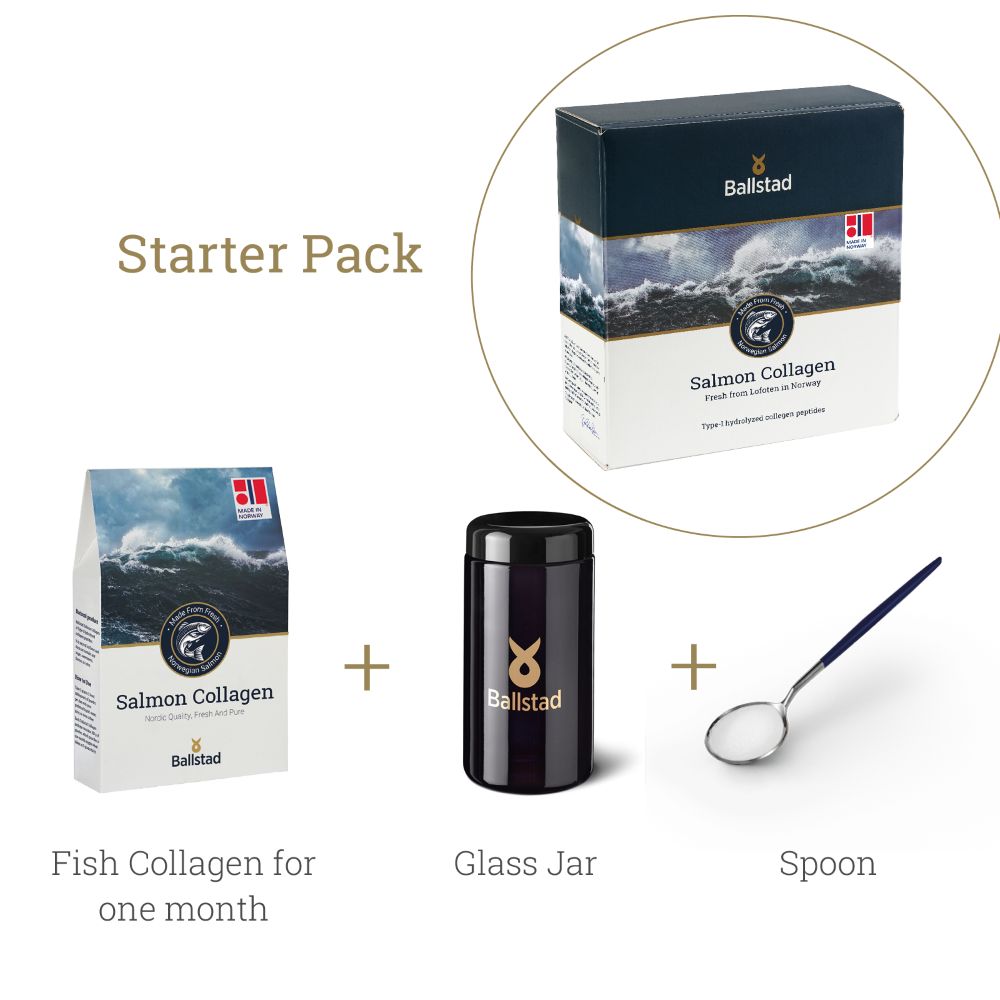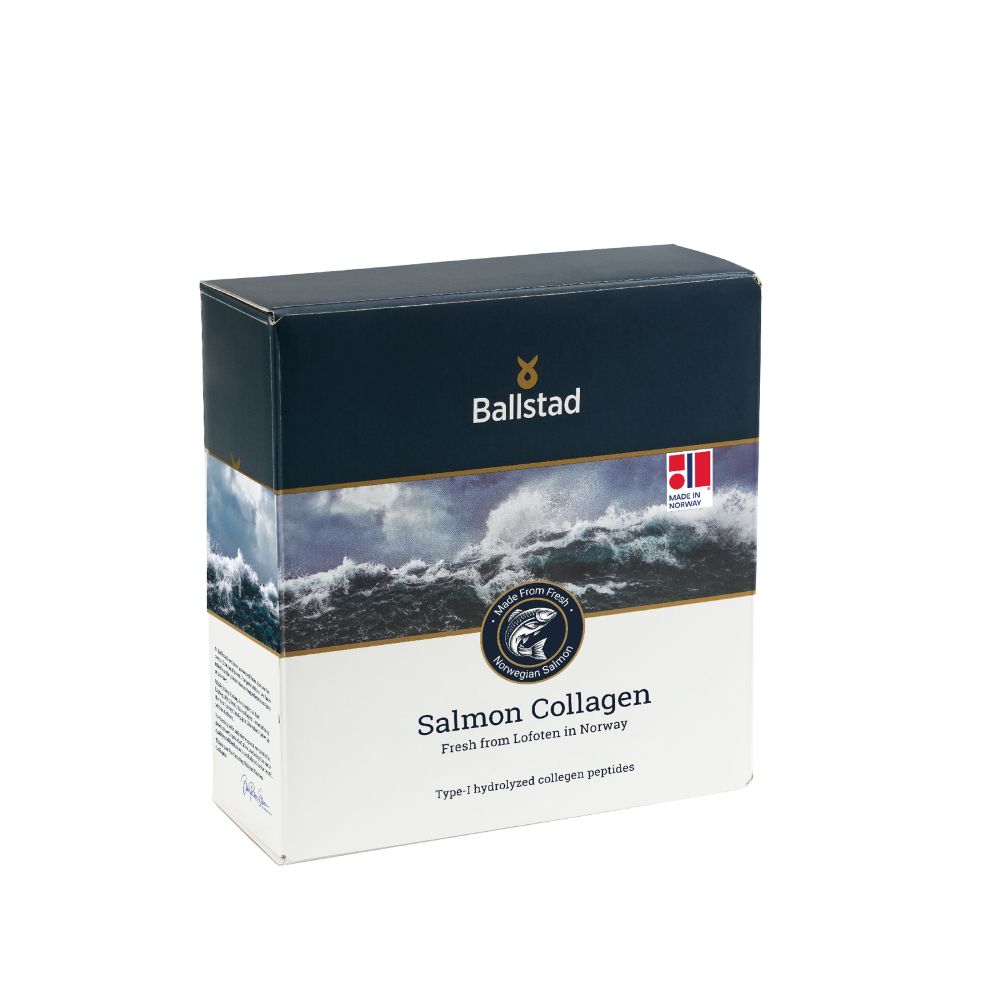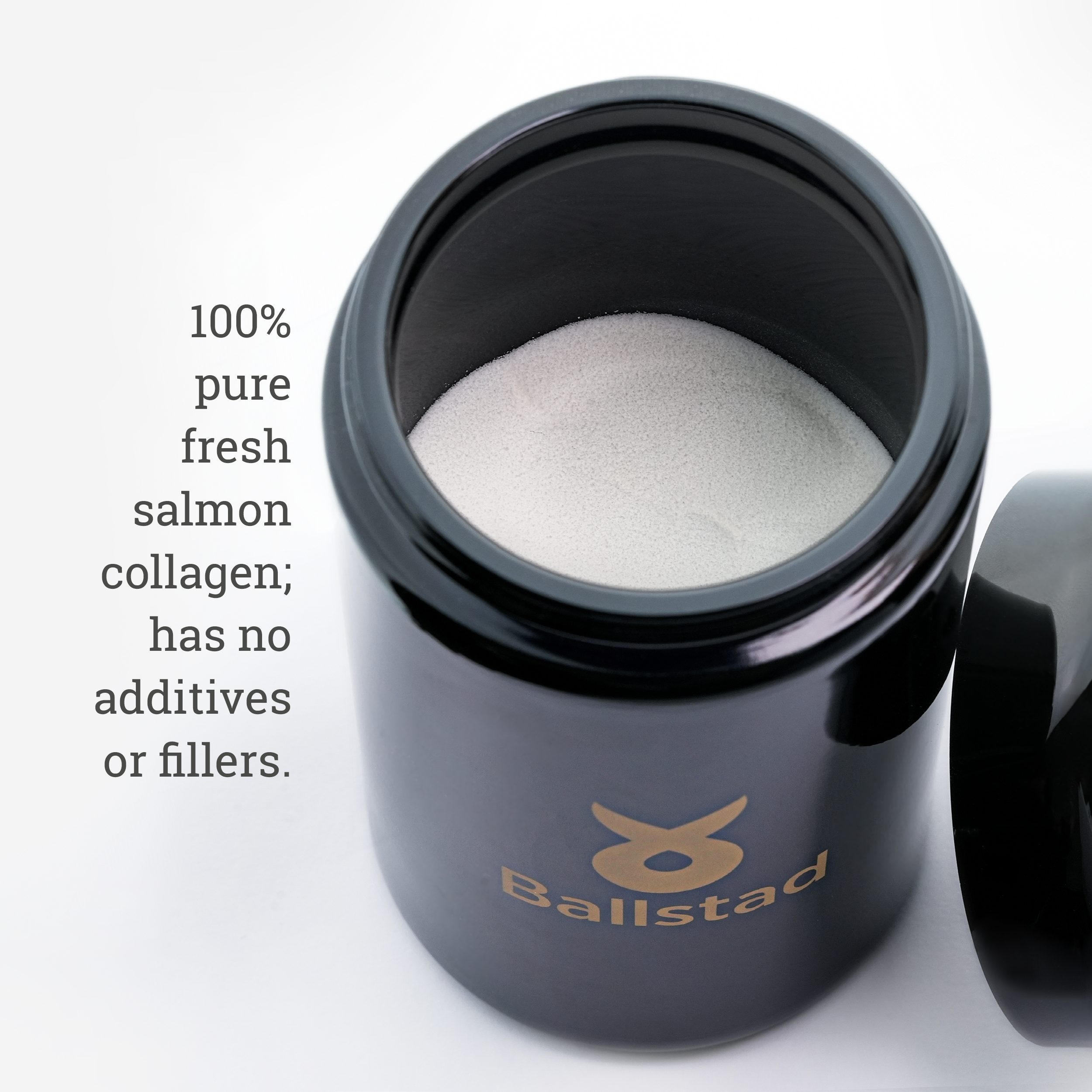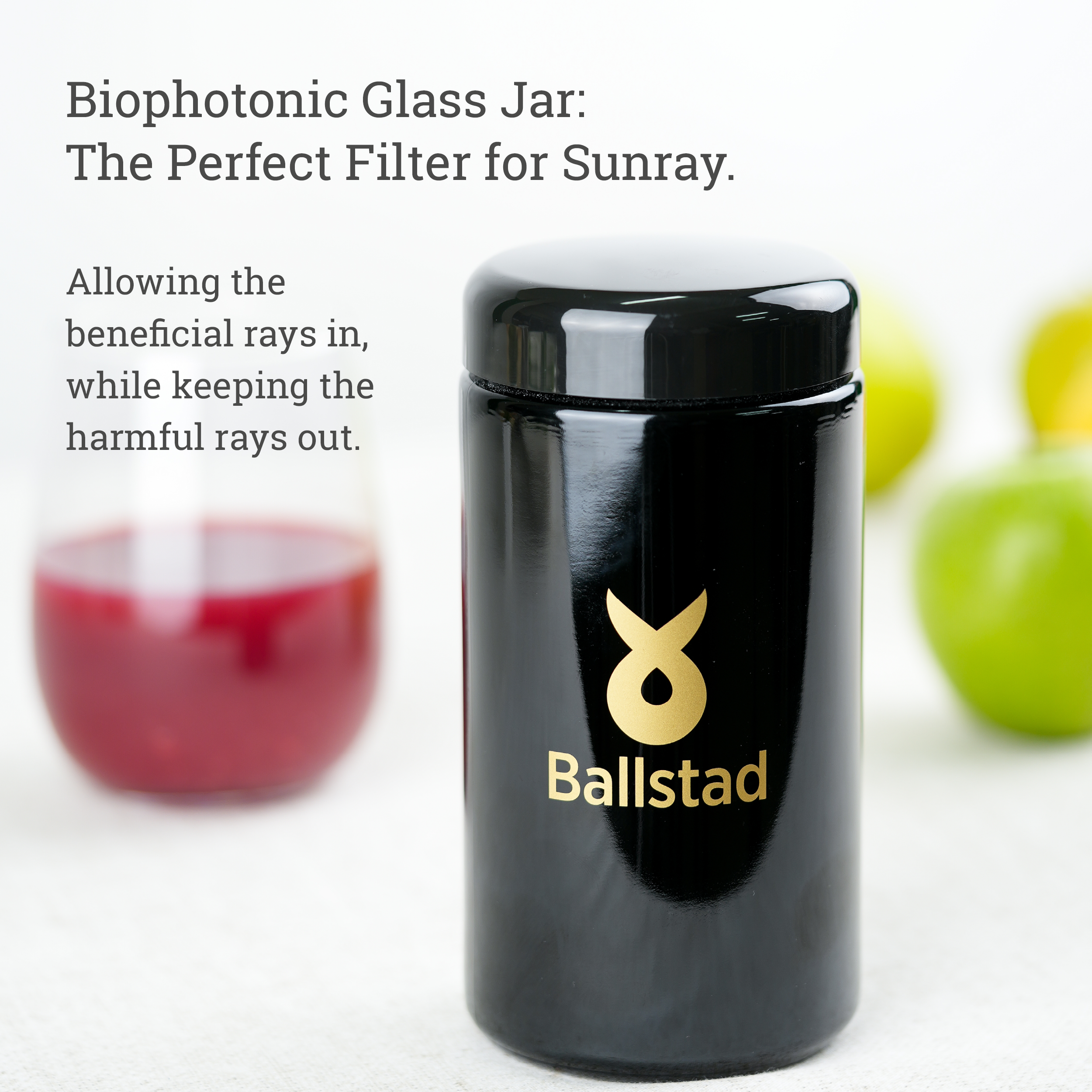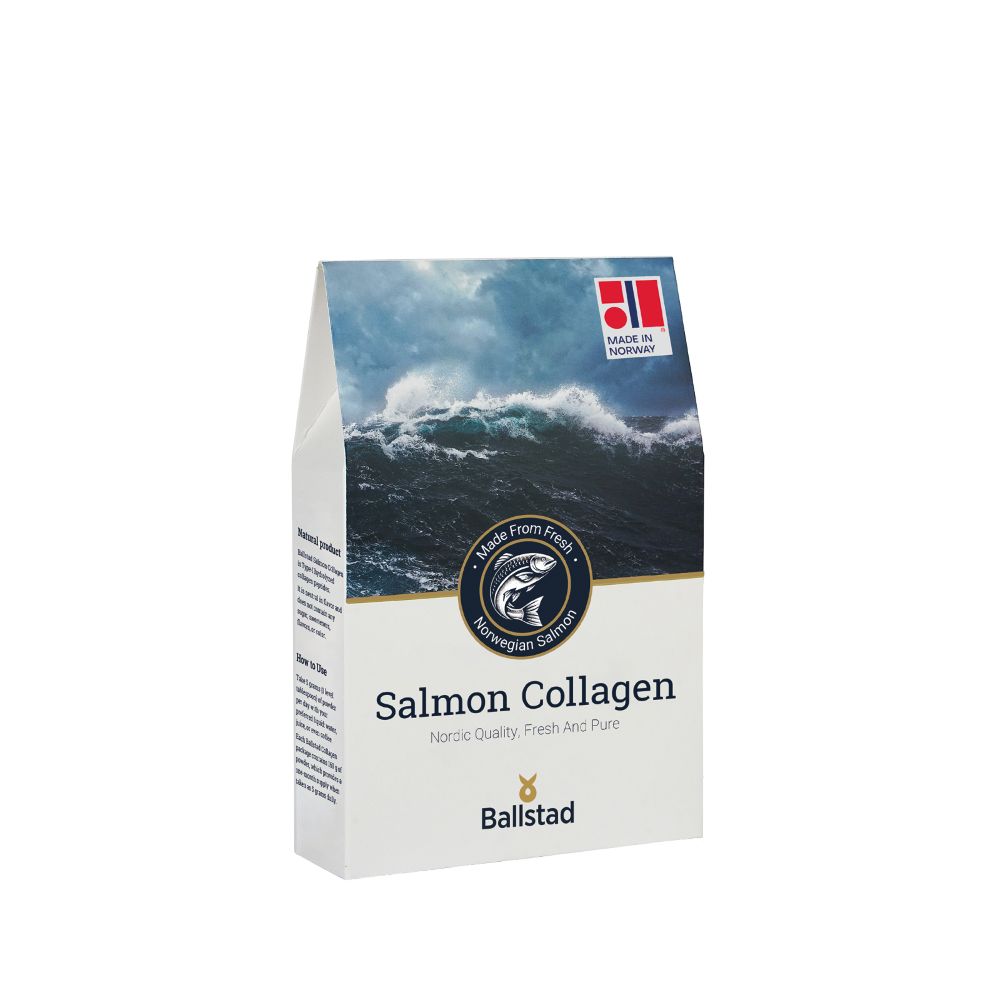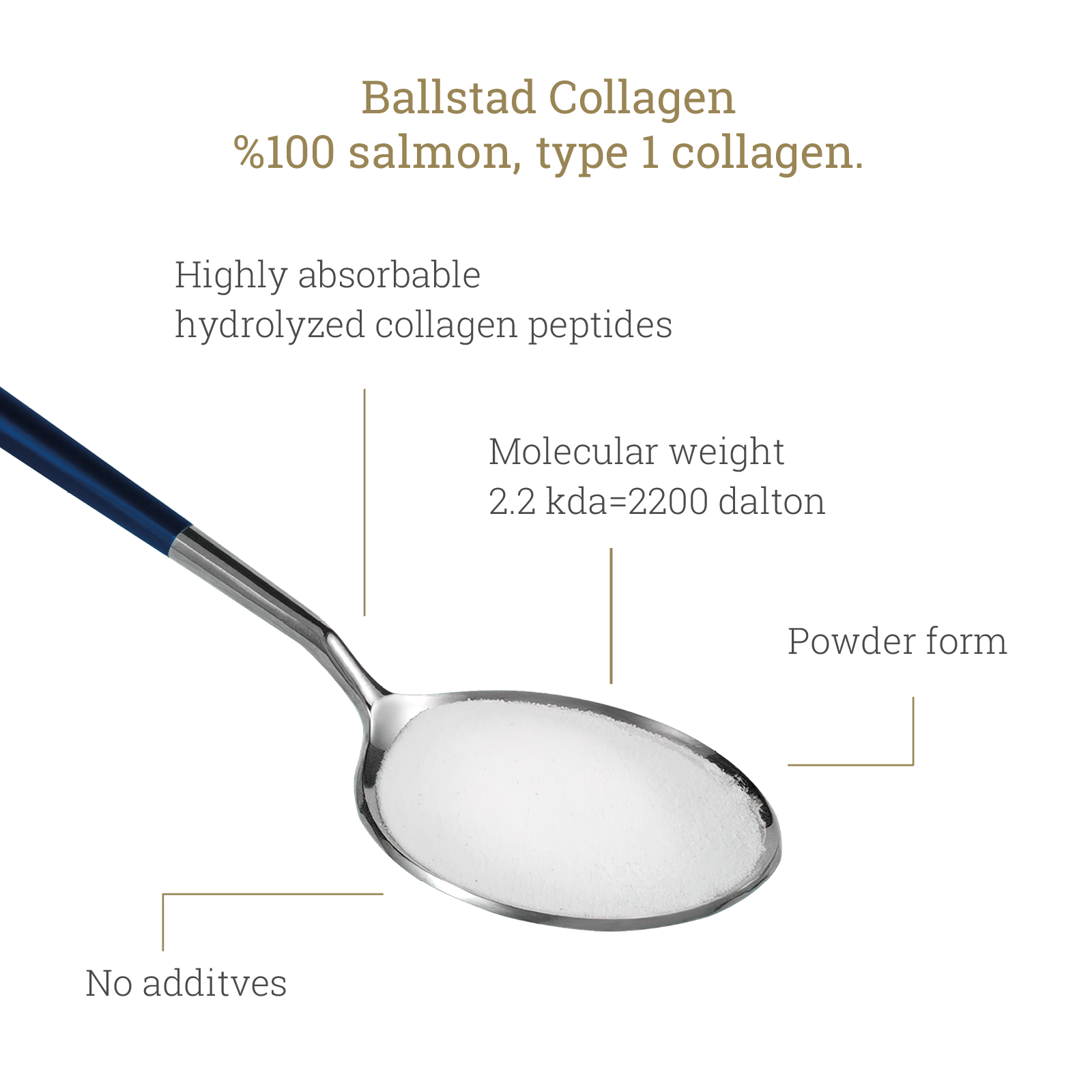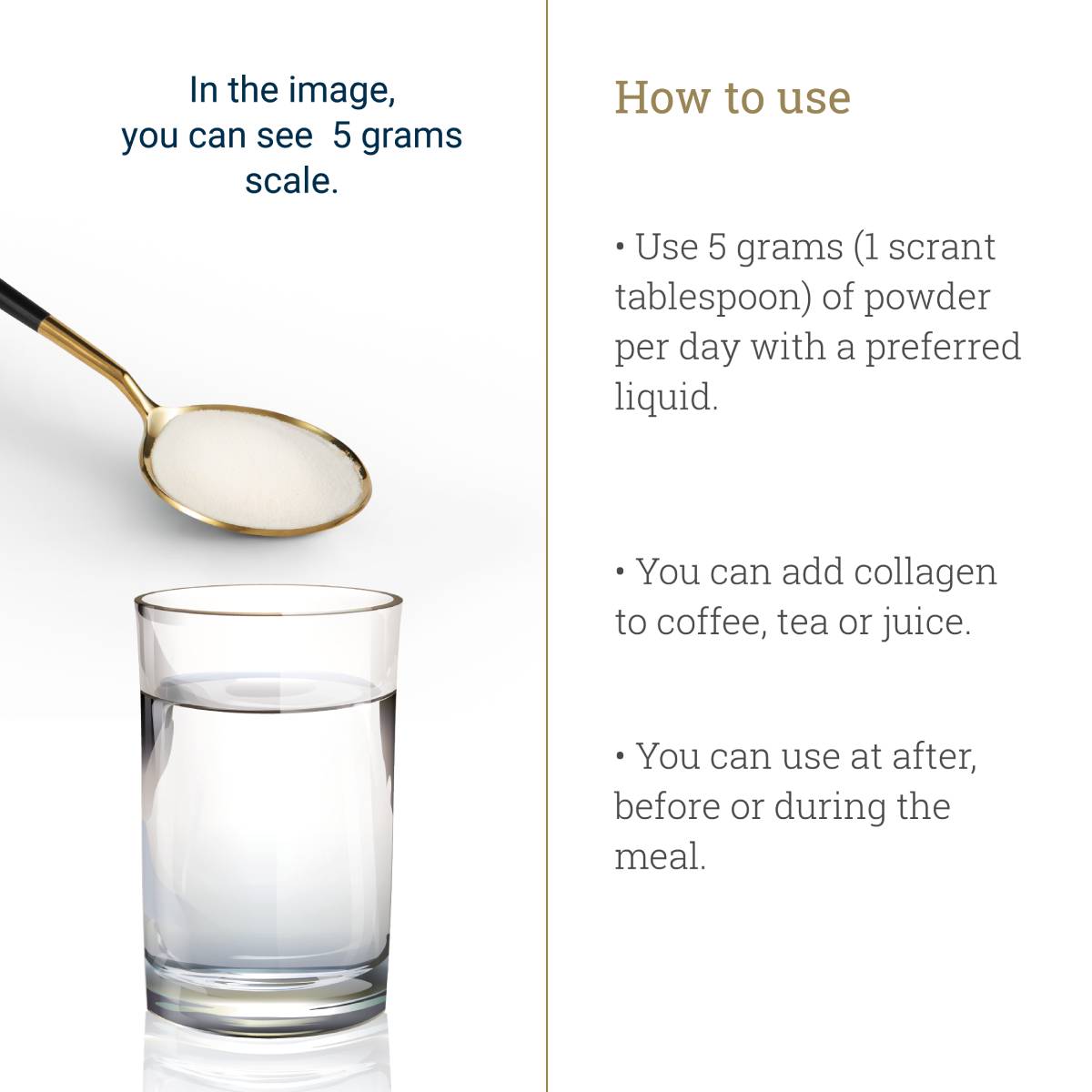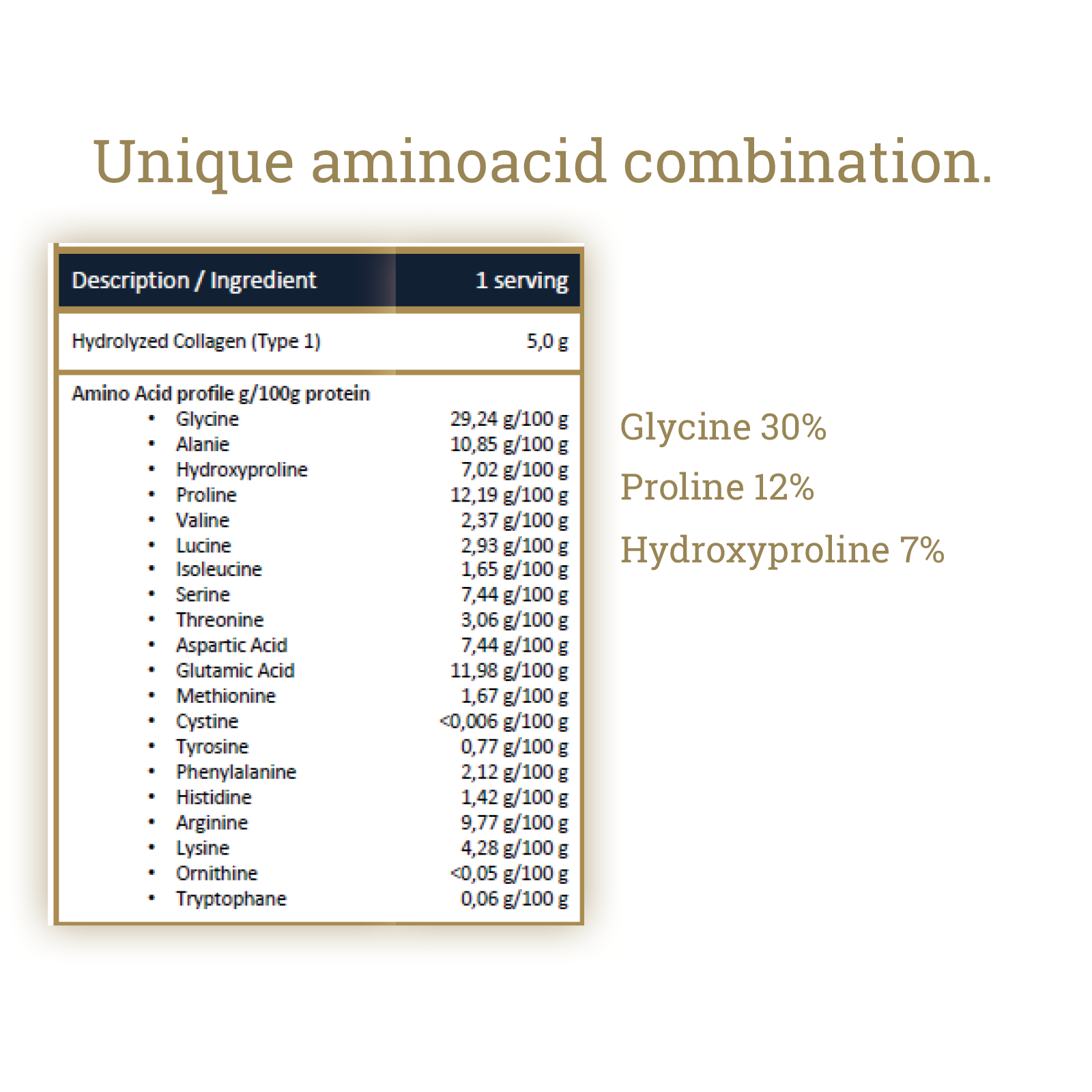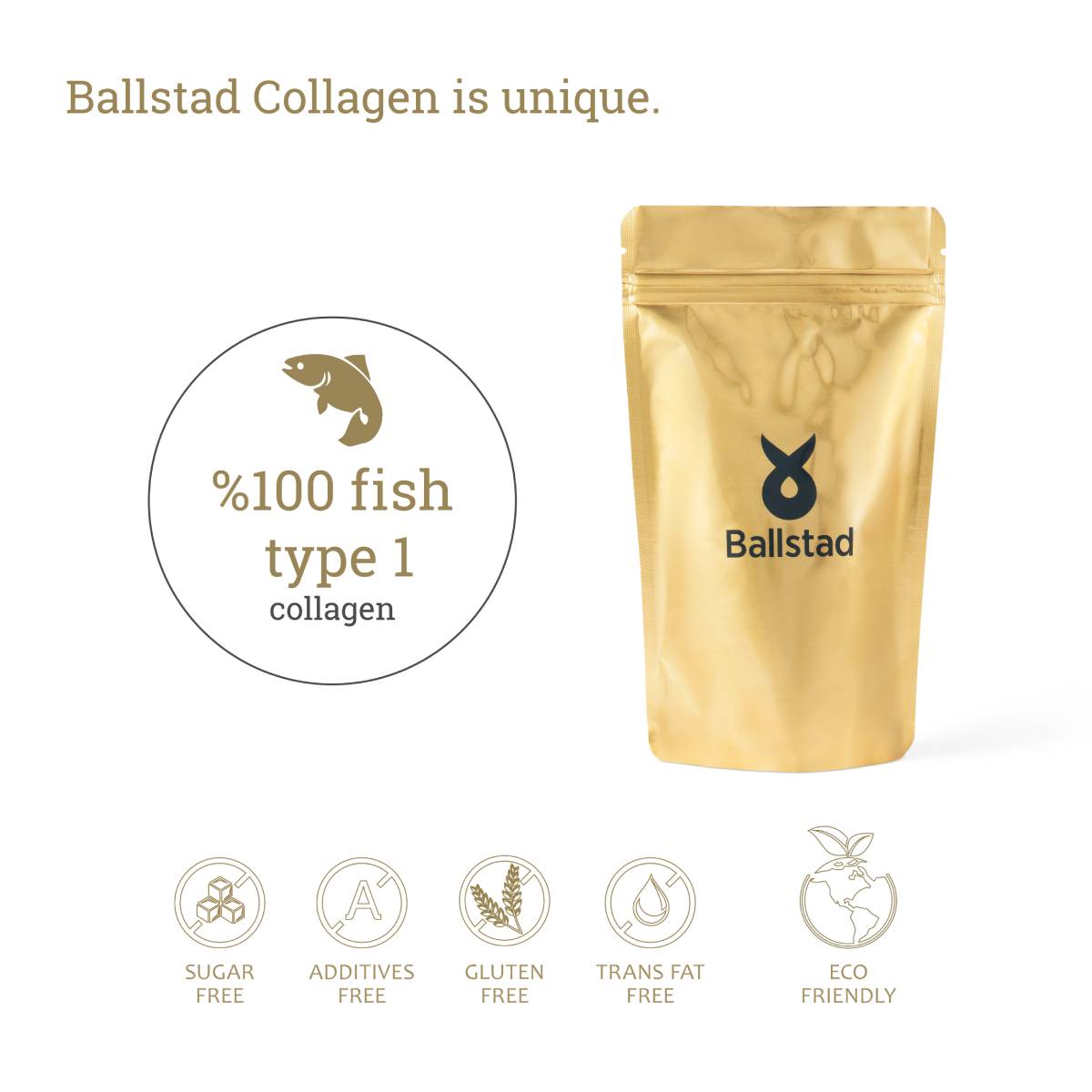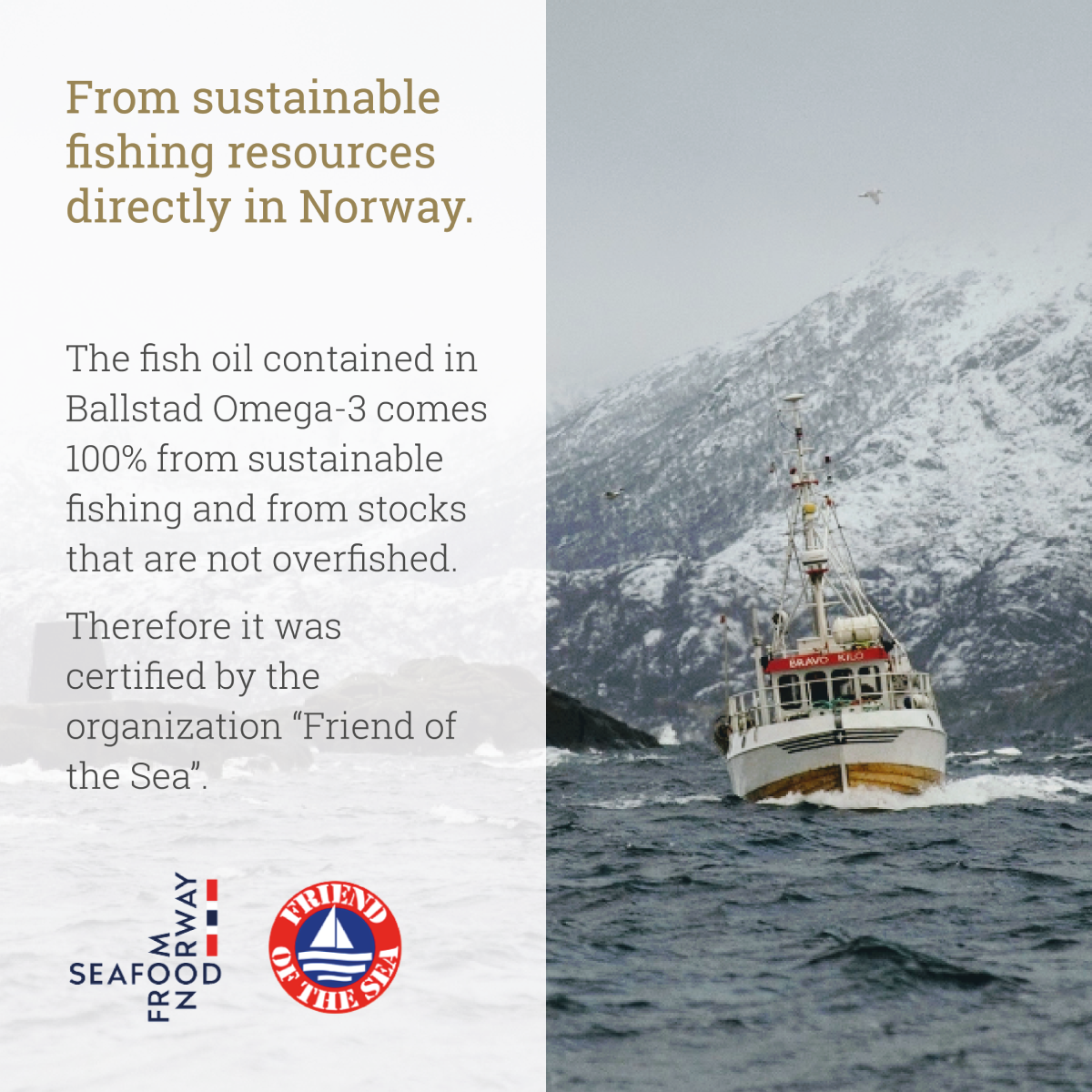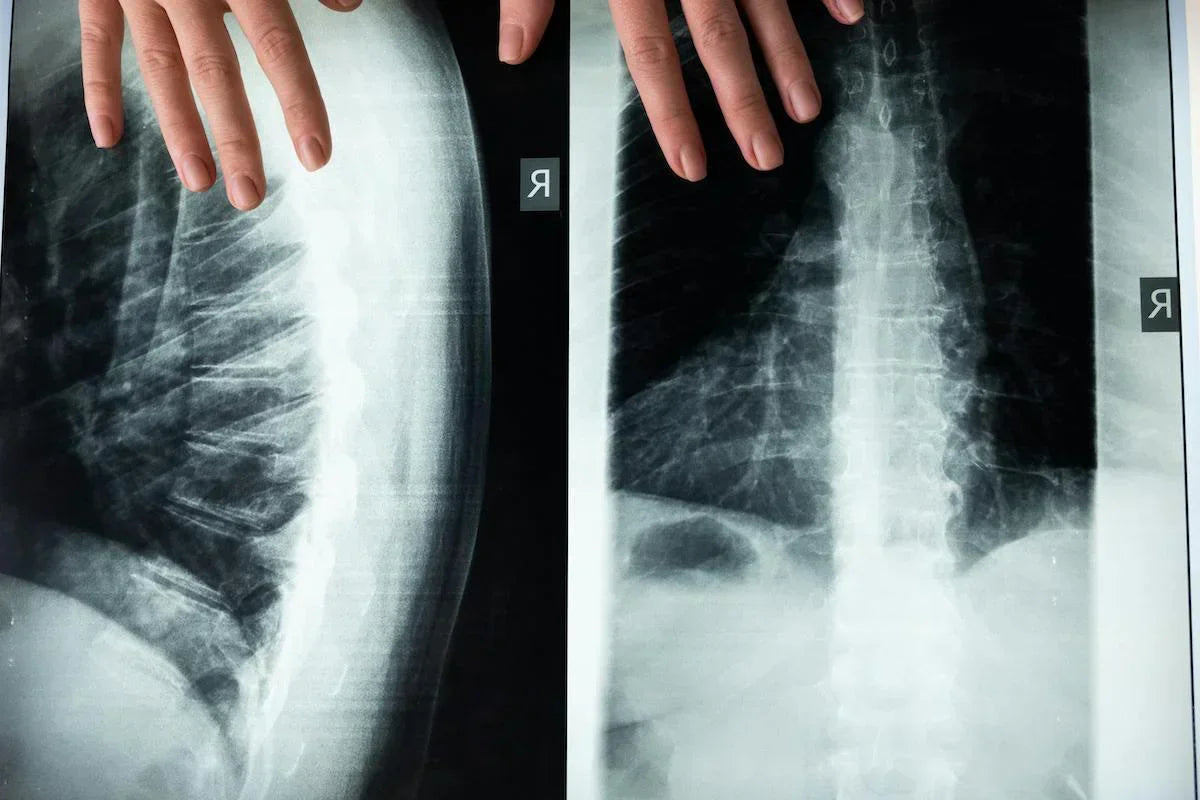When most people think about staying strong and mobile, muscles usually get all the credit. But behind every stretch, step, and lift, there’s an often-overlooked system doing the real work: connective tissues. And at the core of these tissues is collagen—the protein that literally holds everything together.
Let’s break down why connective tissues matter, how collagen keeps them functioning at their best, and why marine collagen supplements can help you move with ease at every stage of life.
What Exactly Are Connective Tissues?
Think of connective tissues as the body’s internal scaffolding. They are everywhere—supporting, stabilizing, and protecting your movement. This network includes:
-
Tendons, which attach muscles to bones
-
Ligaments, which link bones together
-
Cartilage, which cushions joints and allows smooth motion
-
Fascia, the tissue that weaves around muscles and organs for support
Every time you bend, twist, or even sit upright, it’s your connective tissues doing the heavy lifting in the background.
Why Collagen Is the Backbone of Tissue Health
Collagen makes up about 30% of the body’s protein mass and is the dominant protein in connective tissues. Its role is simple but powerful: it provides the strength, elasticity, and structure that keep your joints and tissues resilient.
Collagen helps by:
-
Providing tensile strength so tissues resist tears and overstretching
-
Supporting elasticity, which allows flexibility and absorbs shock
-
Maintaining structural integrity, ensuring joints, ligaments, and tendons stay resilient under pressure
But here’s the catch: natural collagen production decreases with age, or after injury. This decline can cause stiffness, slower recovery, and a higher risk of sprains or strains.
Why Fish Collagen Stands Out for Tissue Support
Not all collagen is created equal. Hydrolyzed marine collagen peptides are particularly beneficial for connective tissue because they are:
-
Highly bioavailable—absorbed quickly and efficiently by the body
-
Packed with amino acids like glycine, proline, and hydroxyproline, essential for rebuilding tissues
-
Gentle on the stomach and more sustainable than bovine or porcine sources
Regular use of fish collagen is often linked to less stiffness, faster post-workout recovery, and improved mobility—all thanks to stronger connective tissue support.
How to Keep Your Connective Tissues Strong
If you want your body’s framework to stay durable and flexible, try combining these practices:
-
Add collagen daily: A scoop of marine collagen in coffee, tea, or smoothies provides a steady supply of building blocks.
-
Exercise smart: Weight-bearing and resistance workouts strengthen tendons and ligaments—just remember to warm up and rest.
-
Support with nutrients: Vitamin C, zinc, and copper are all vital for collagen synthesis.
Final Thoughts
You might not see your tendons and ligaments in the mirror, but they’re working constantly to keep you upright and moving freely. By supporting your connective tissues with collagen, you’re investing in mobility, flexibility, and injury prevention for the long run.
✨ Ballstad Salmon Collagen: sustainably sourced, rich in Type I collagen, and highly bioavailable—your daily ally for strong joints, flexible tissues, and a body that moves with ease.

